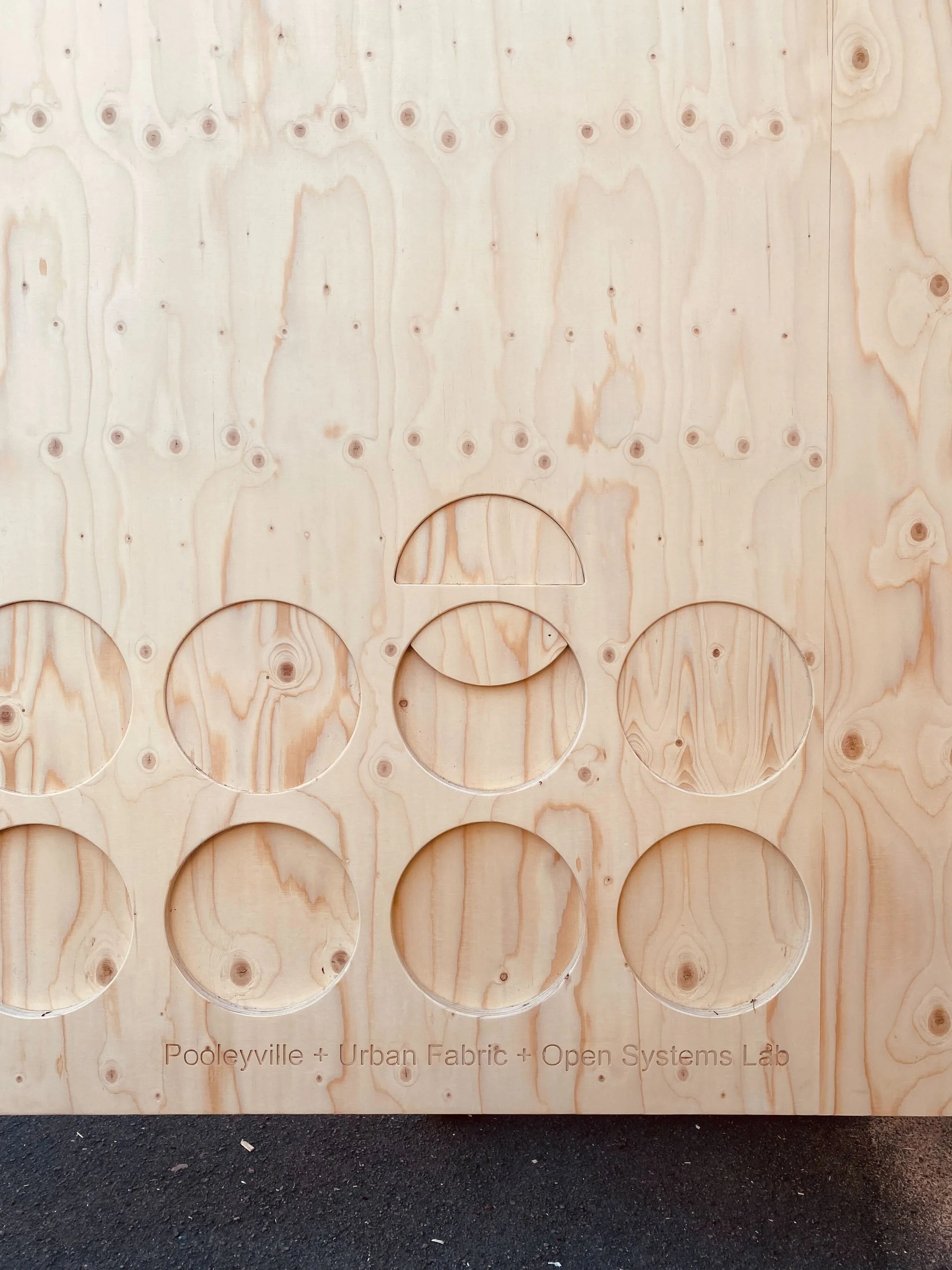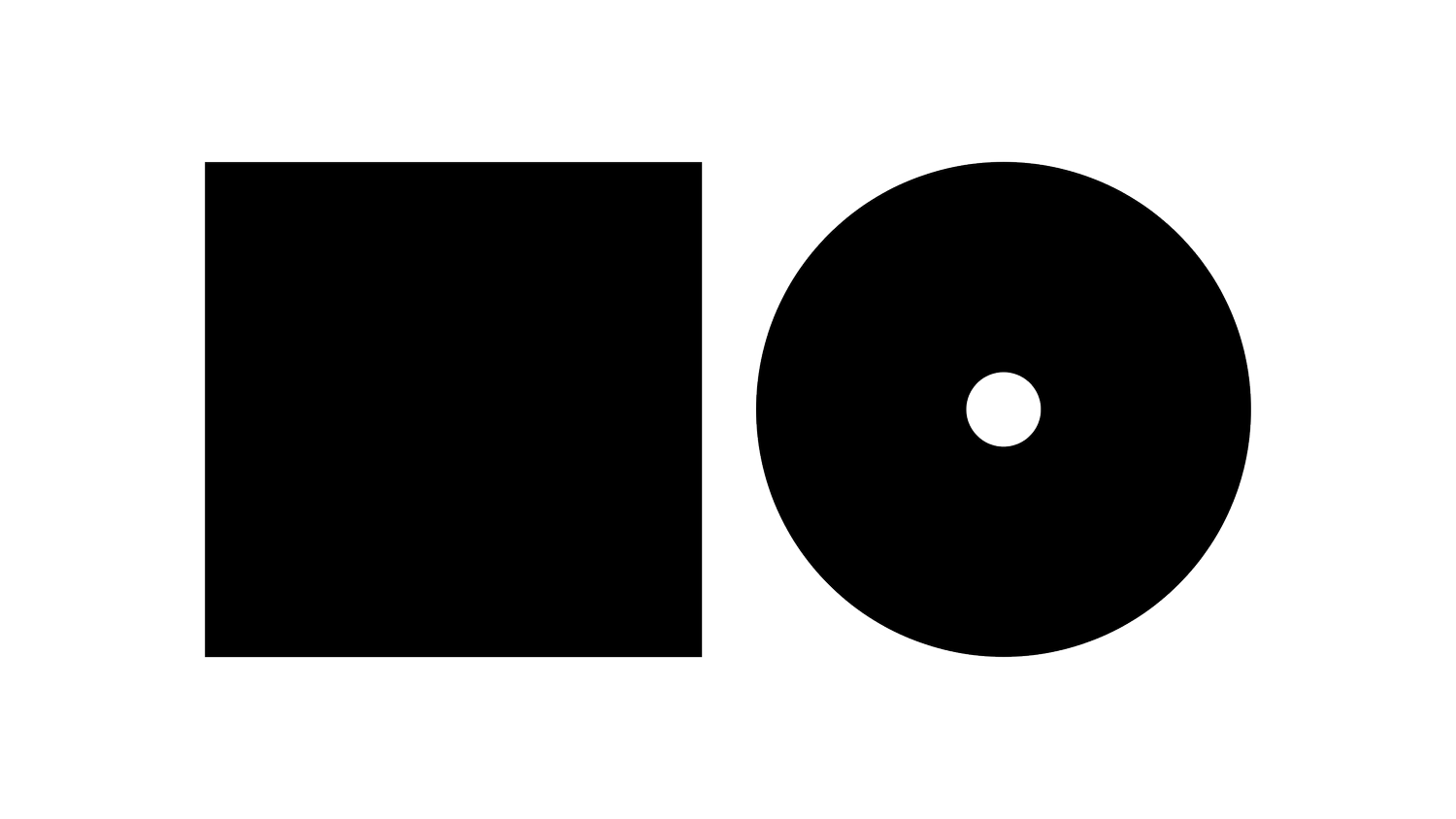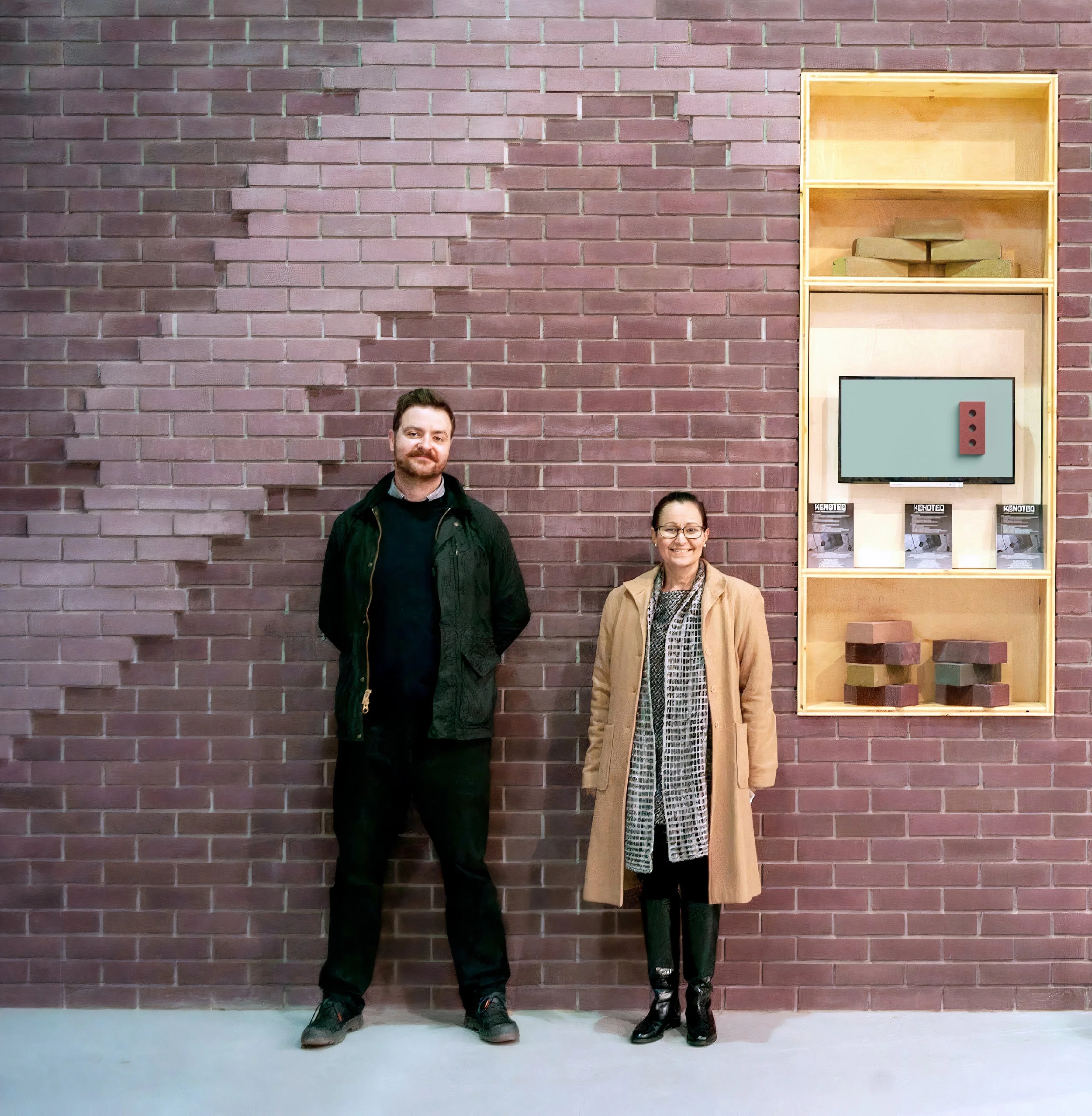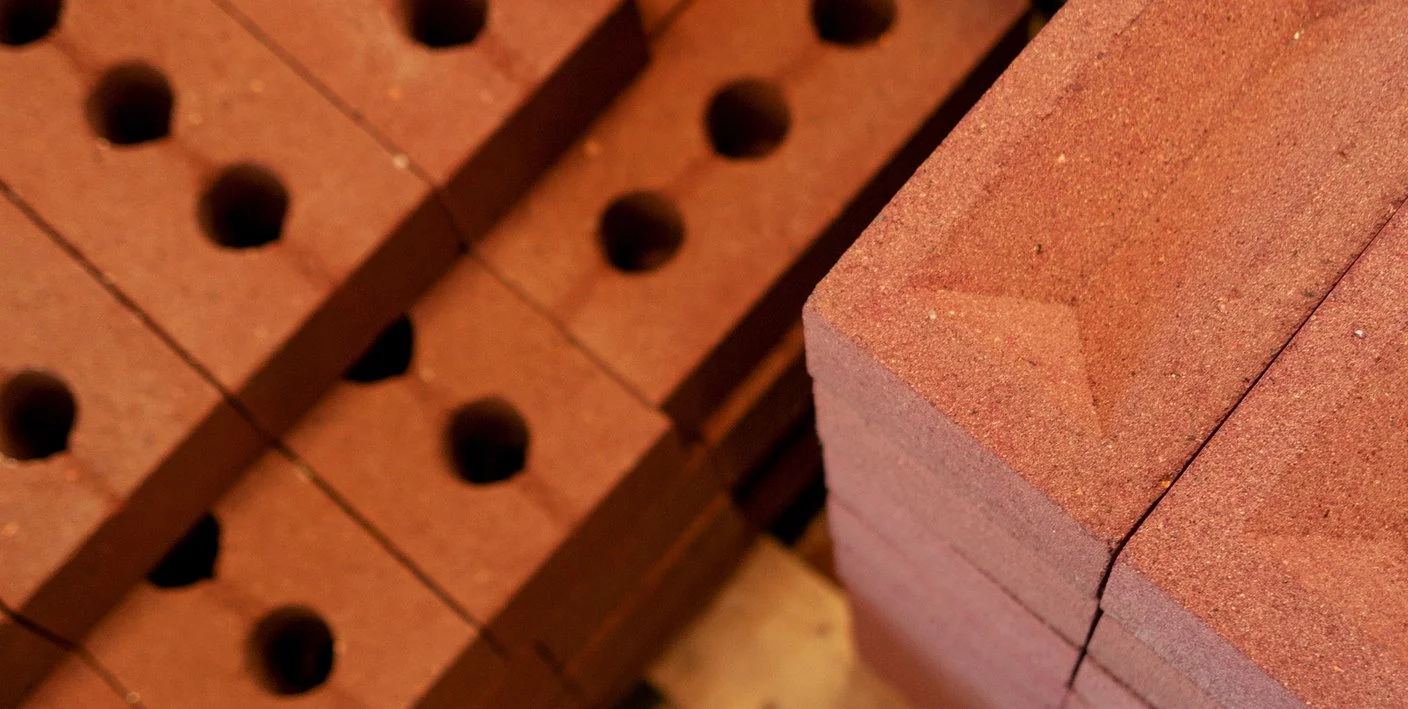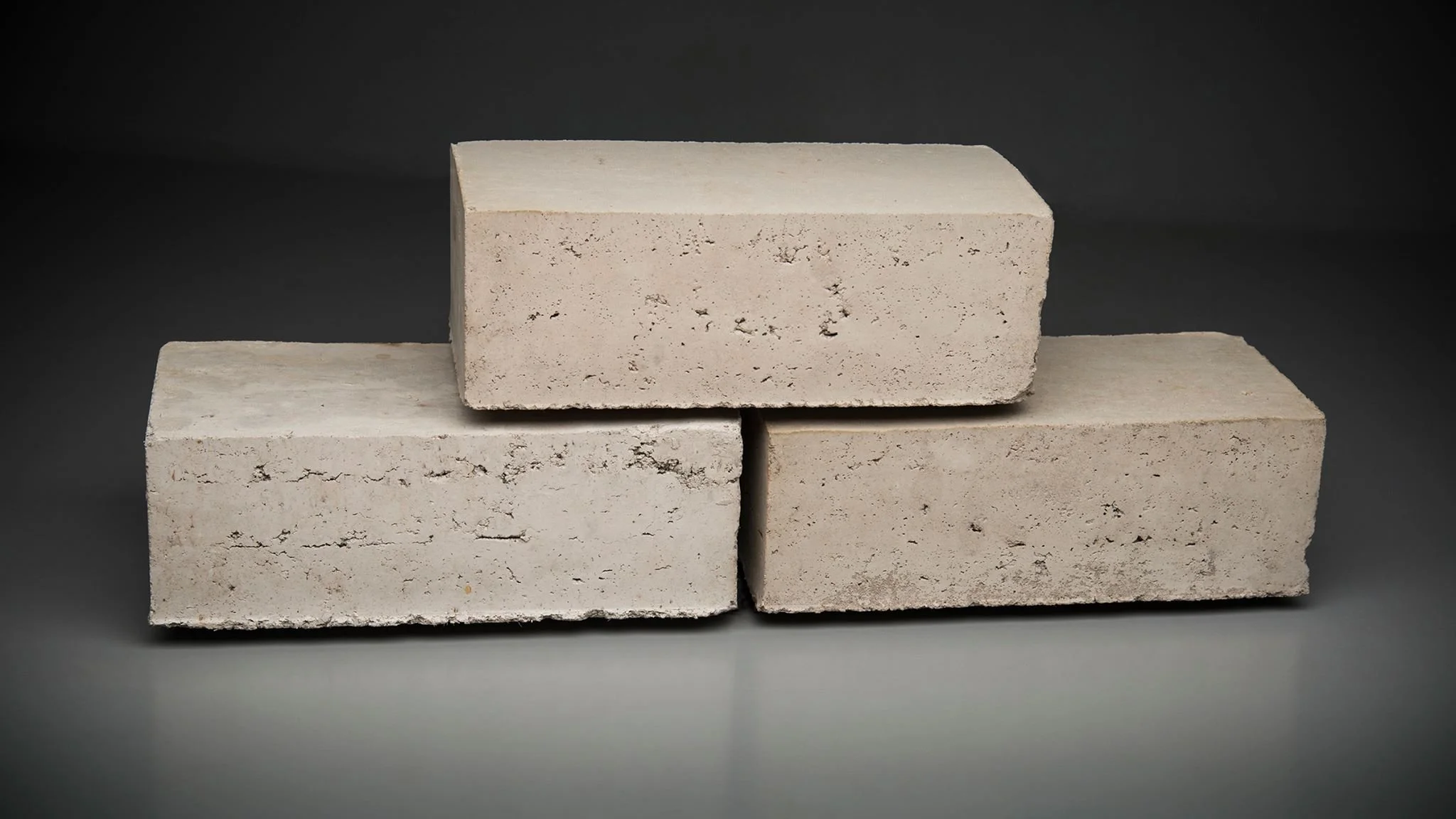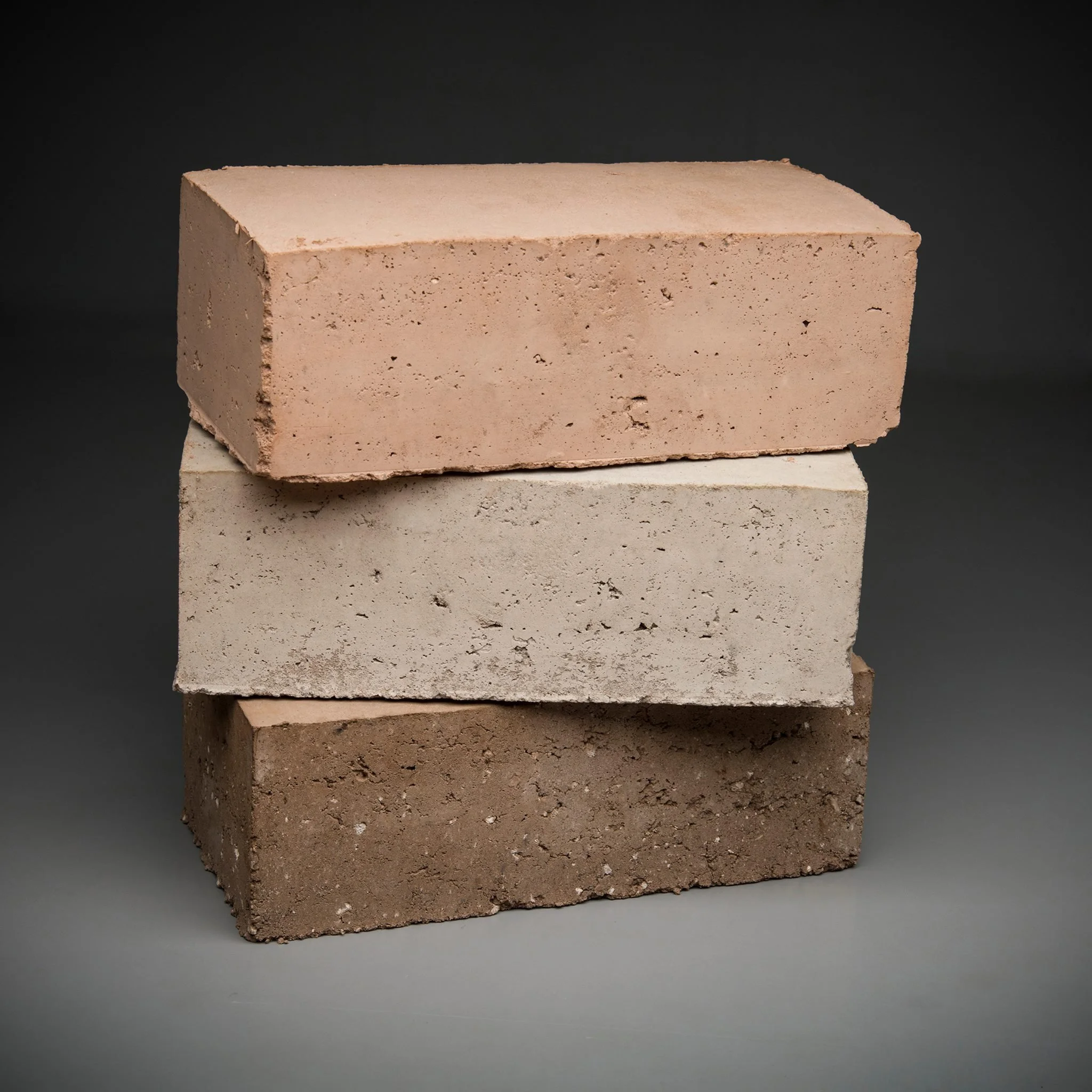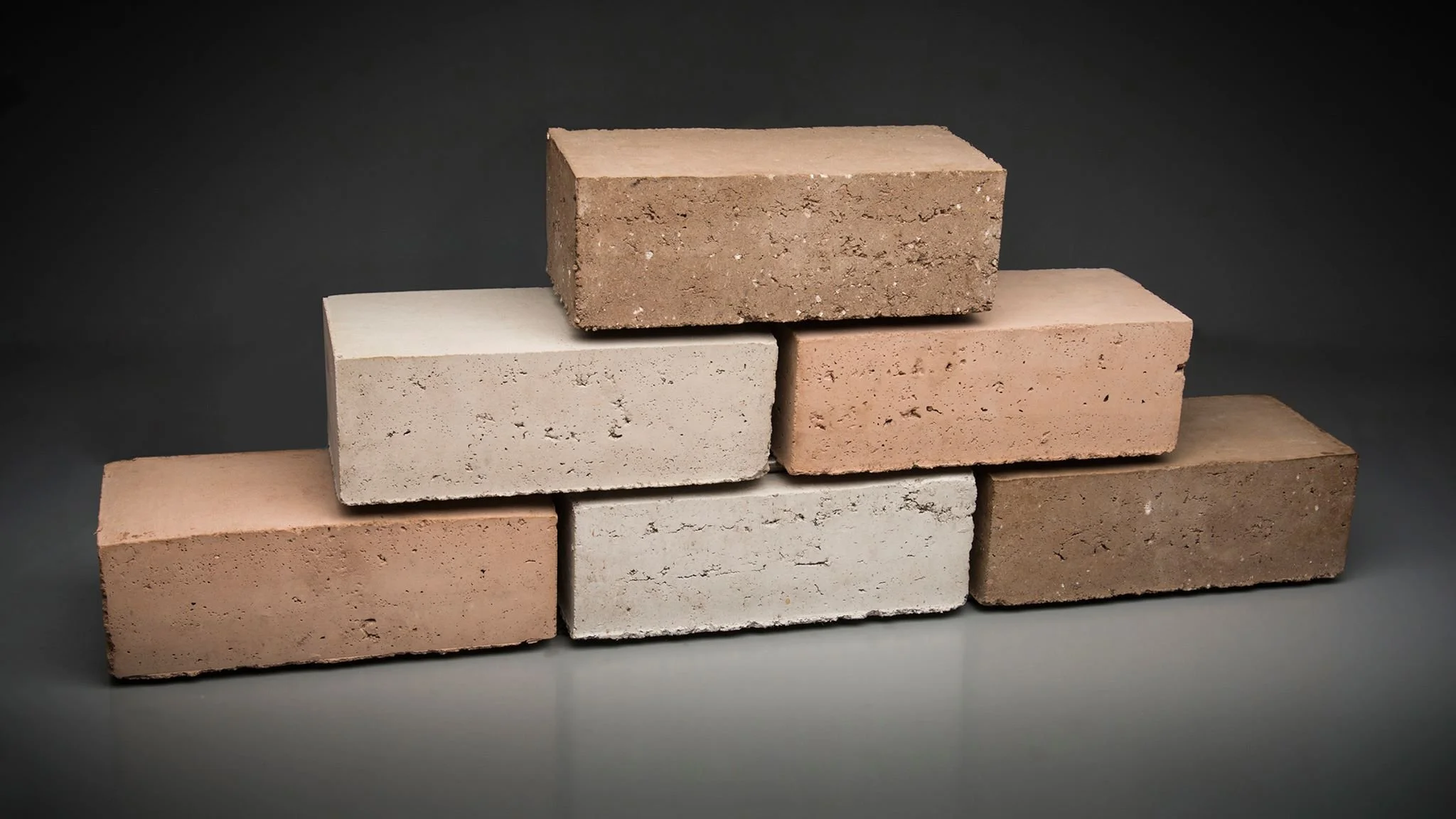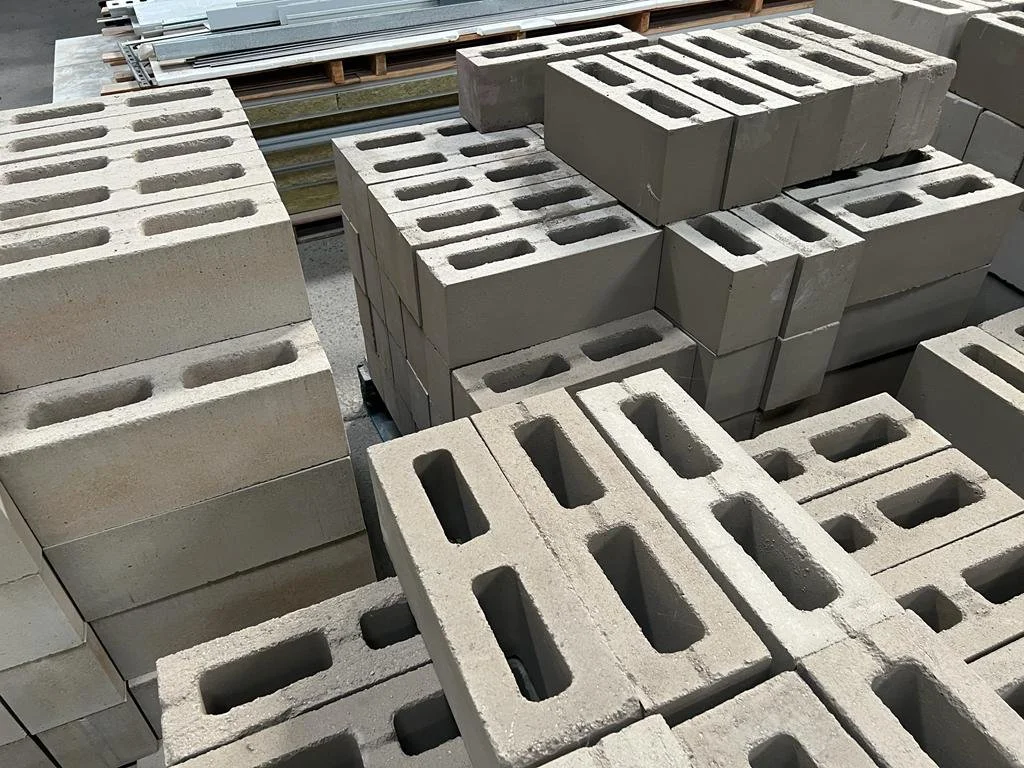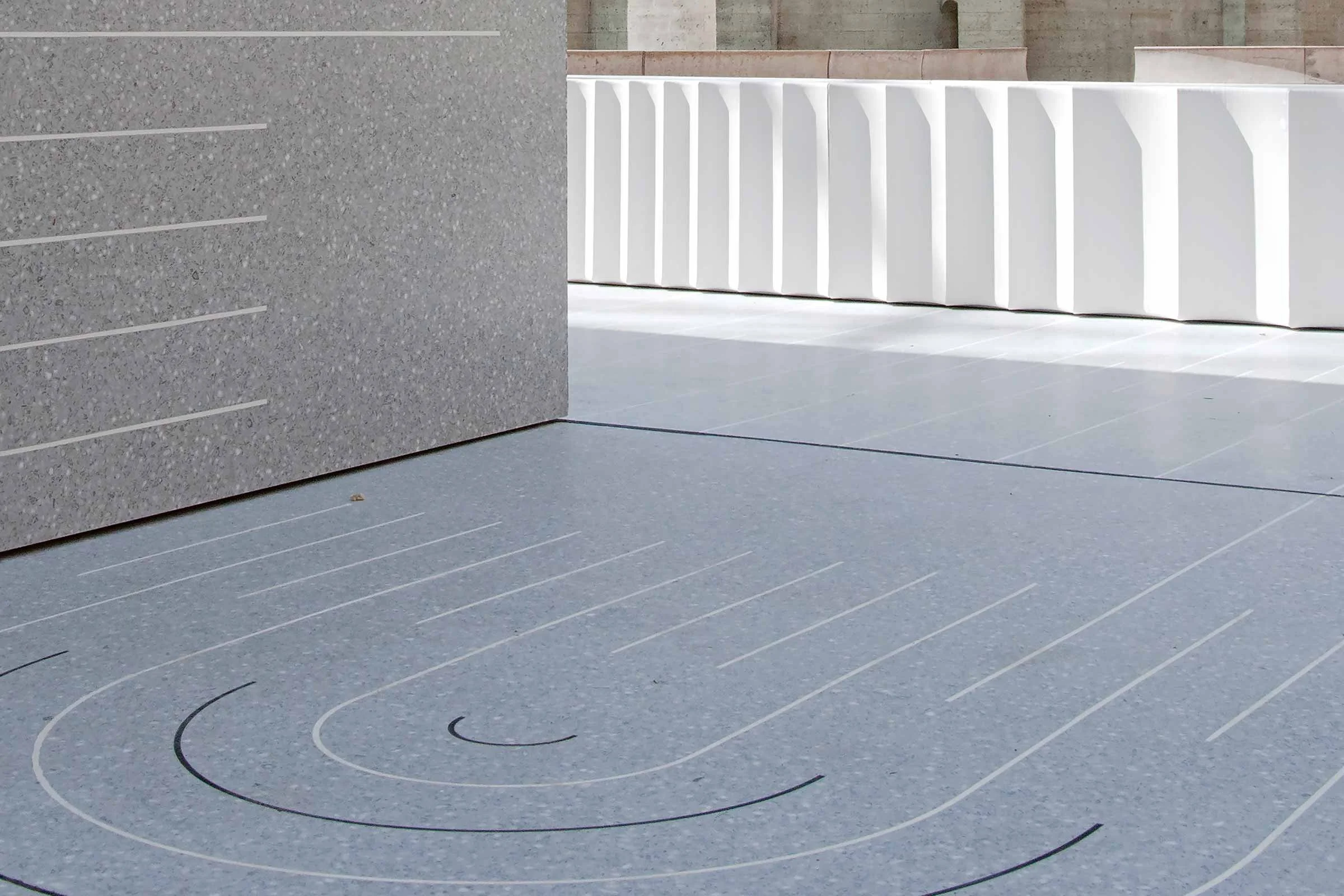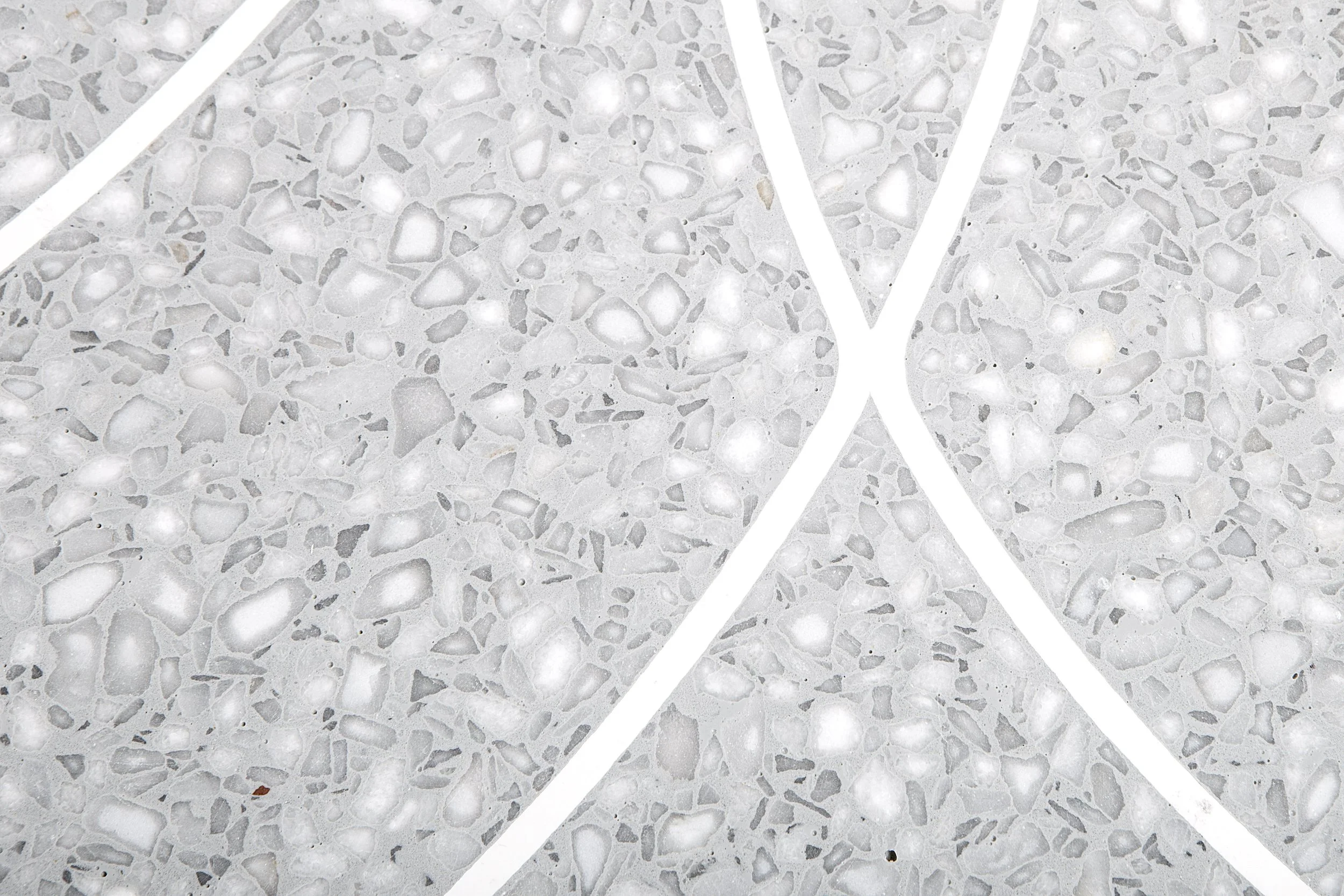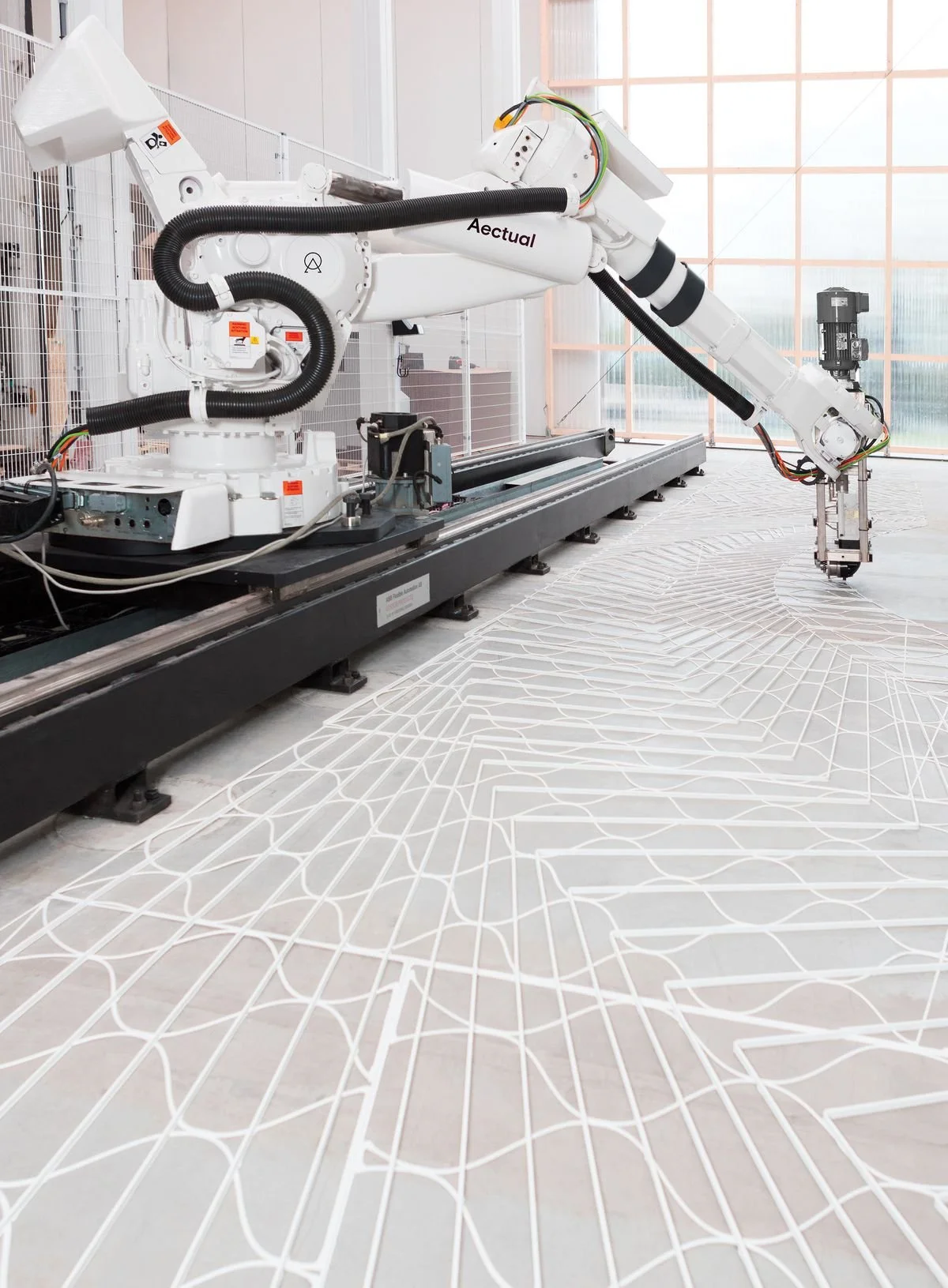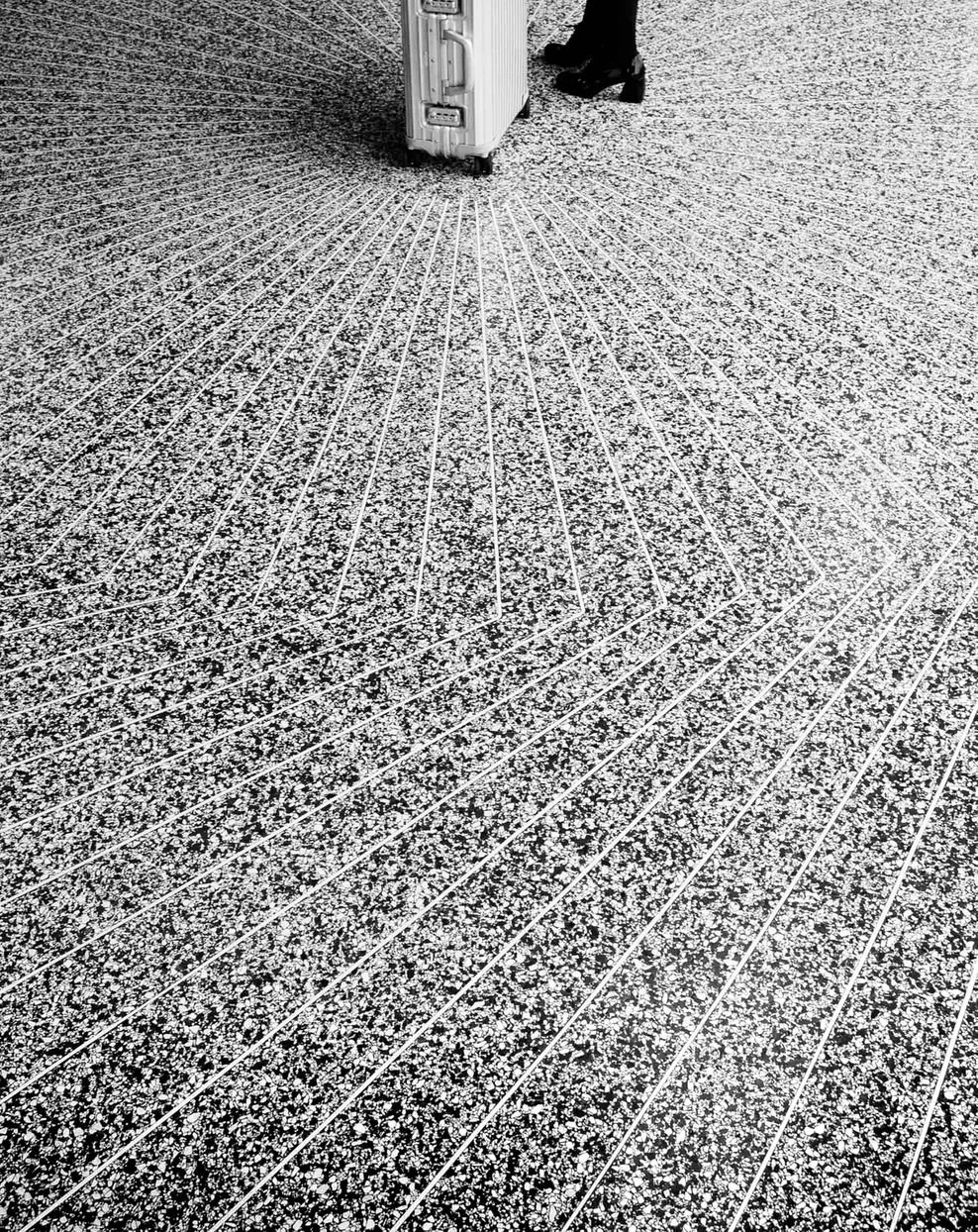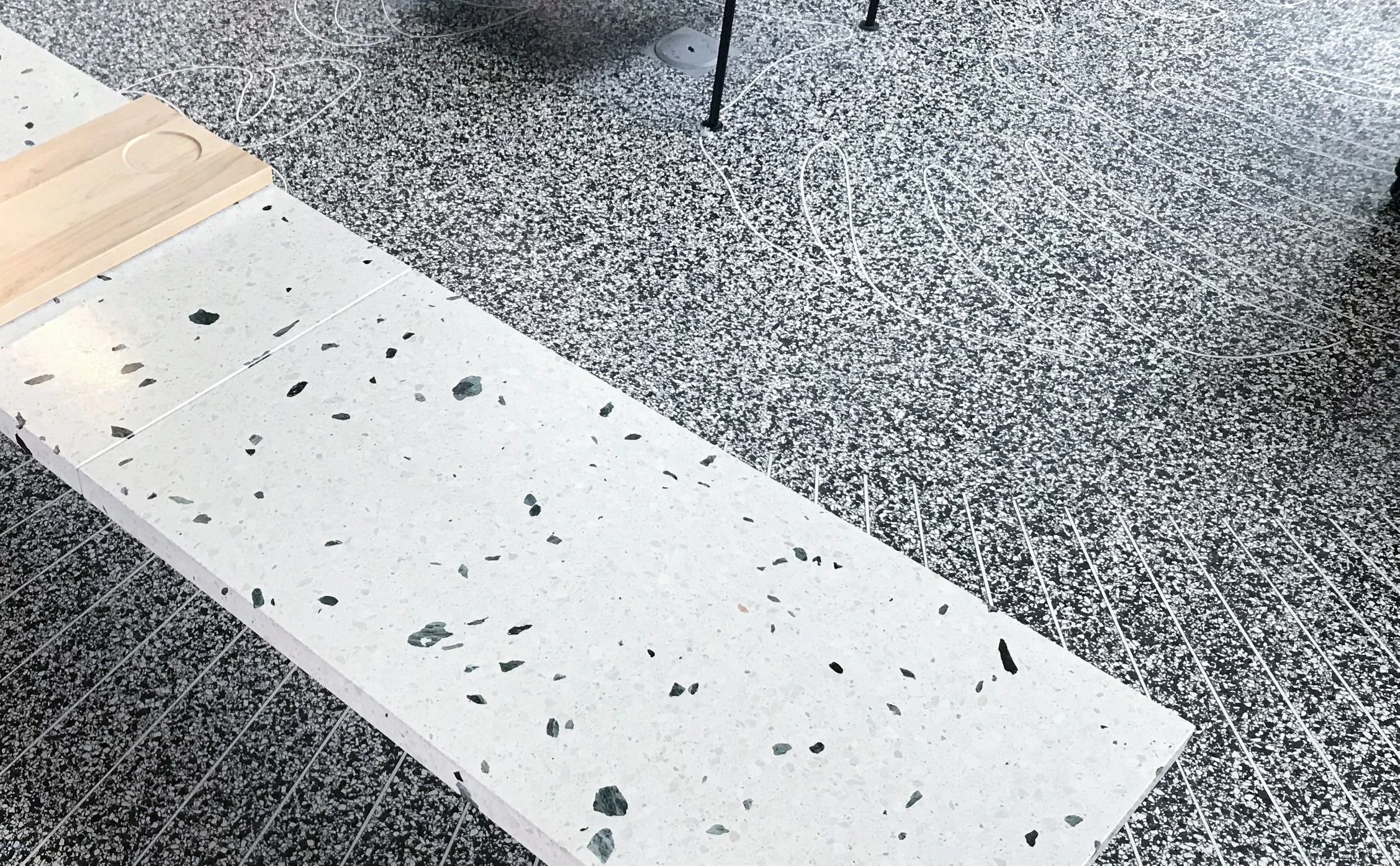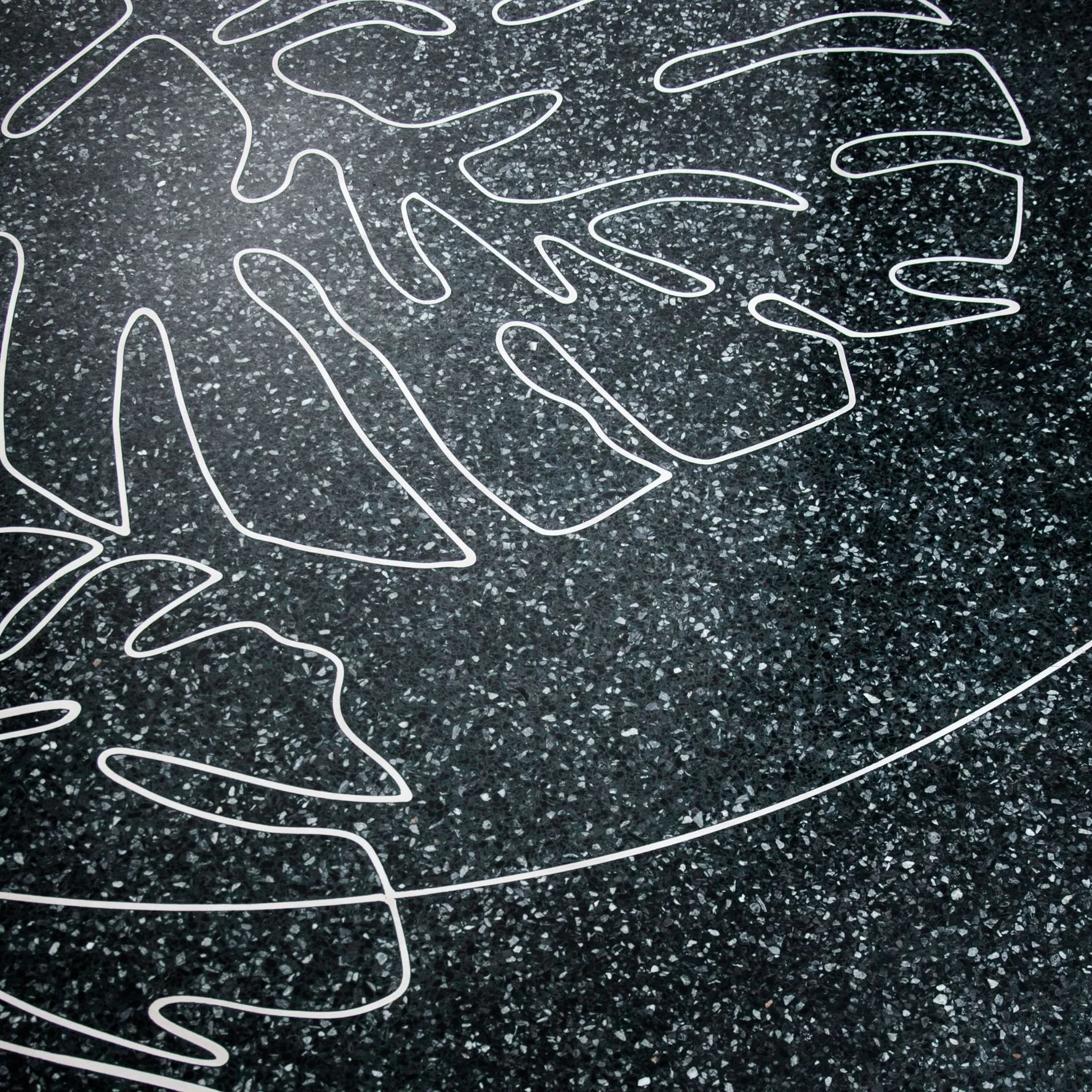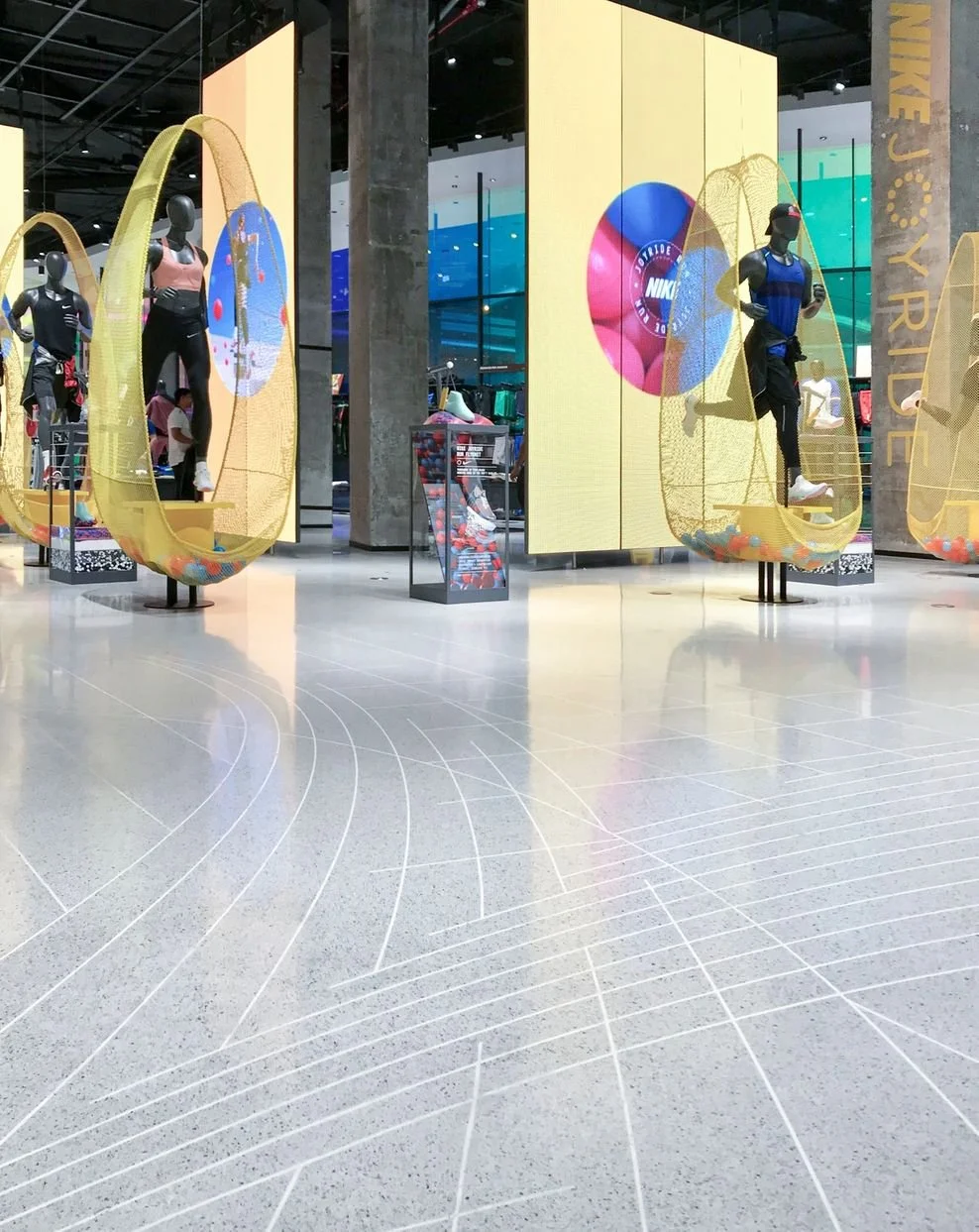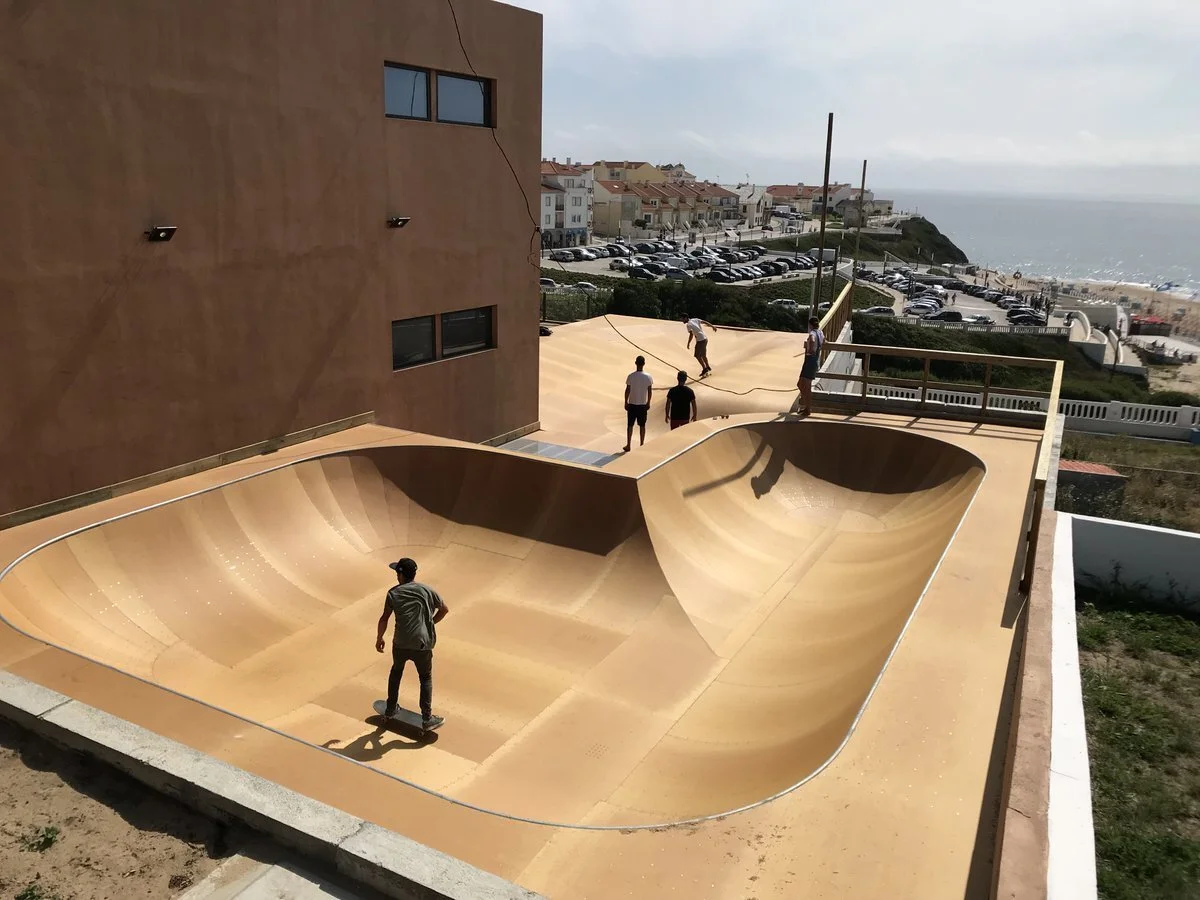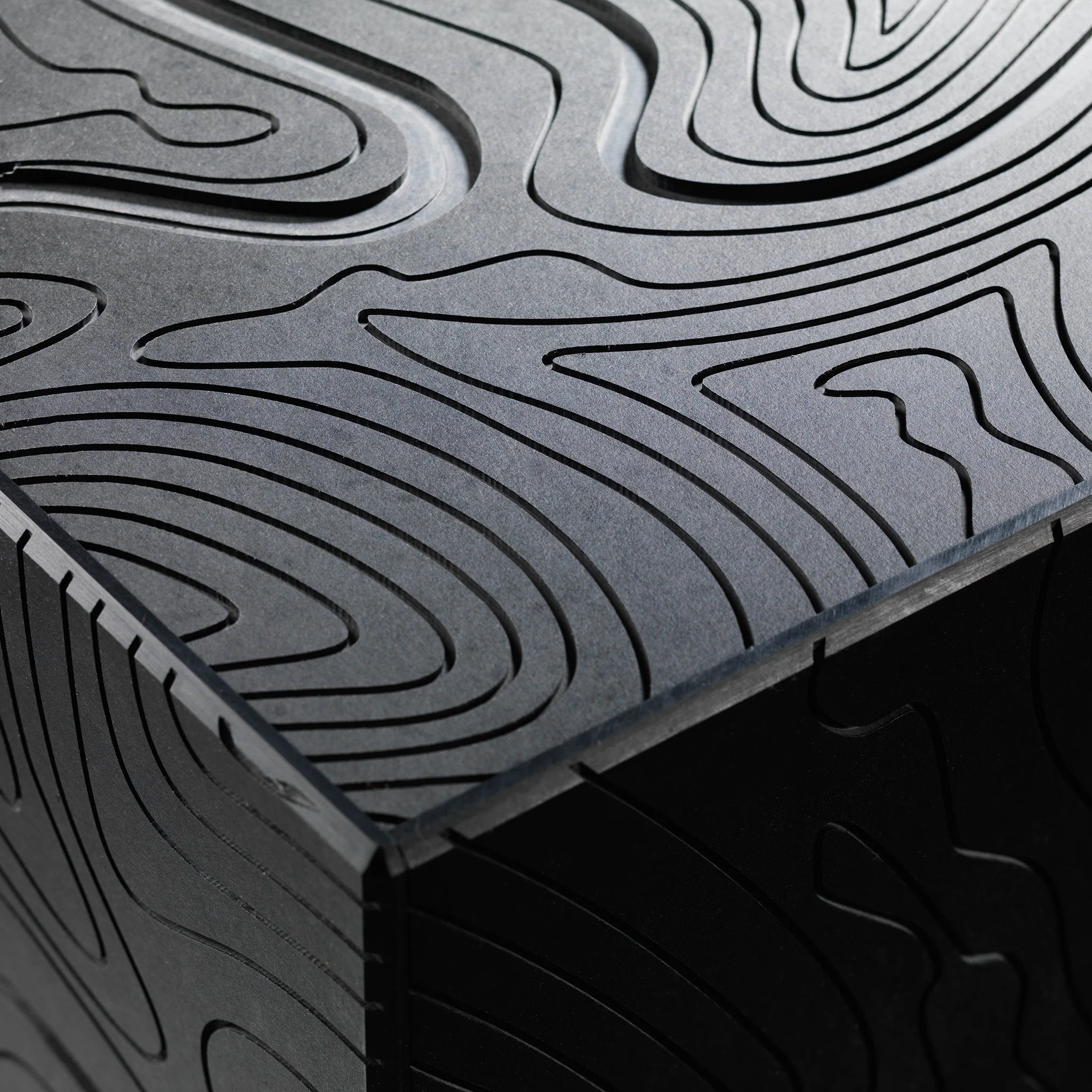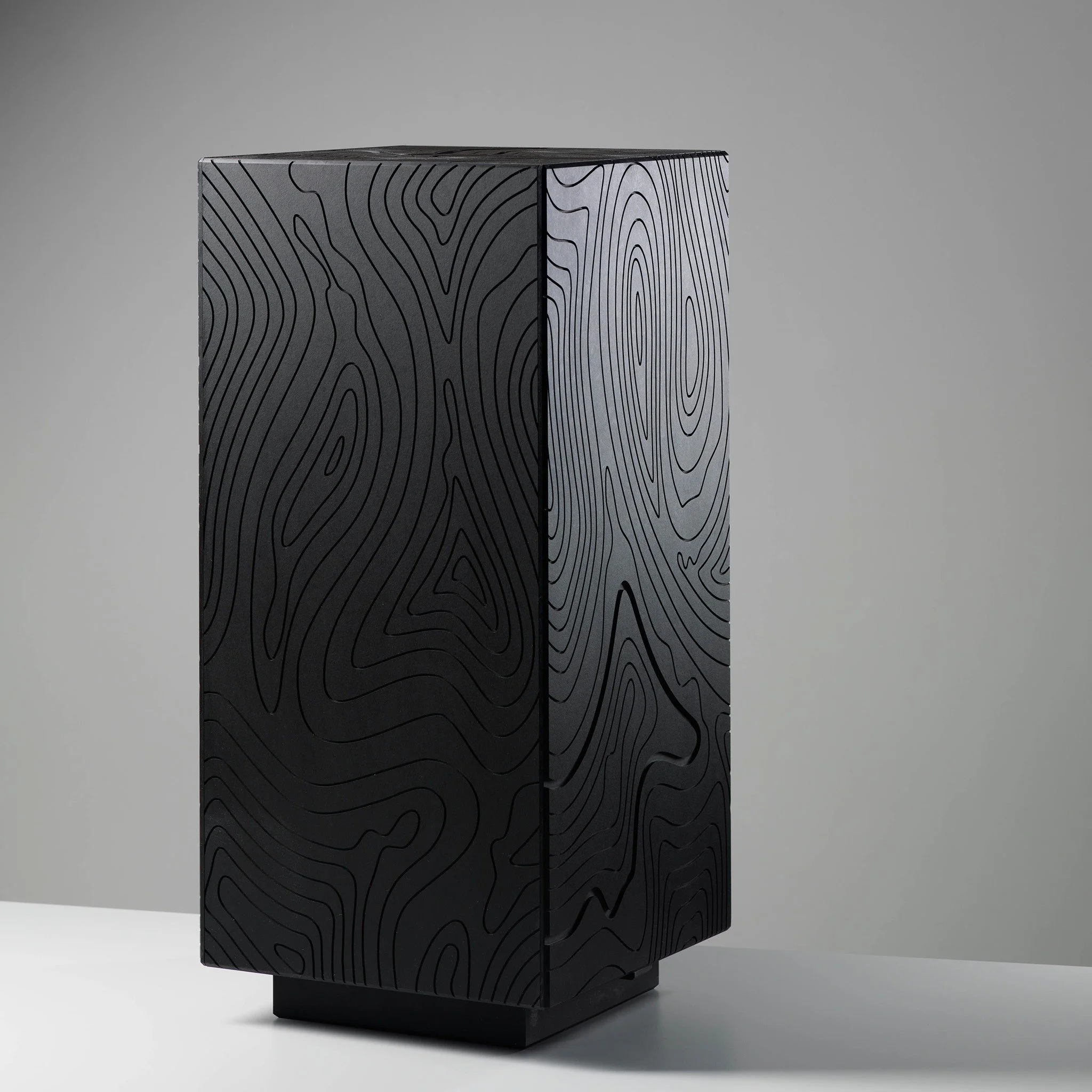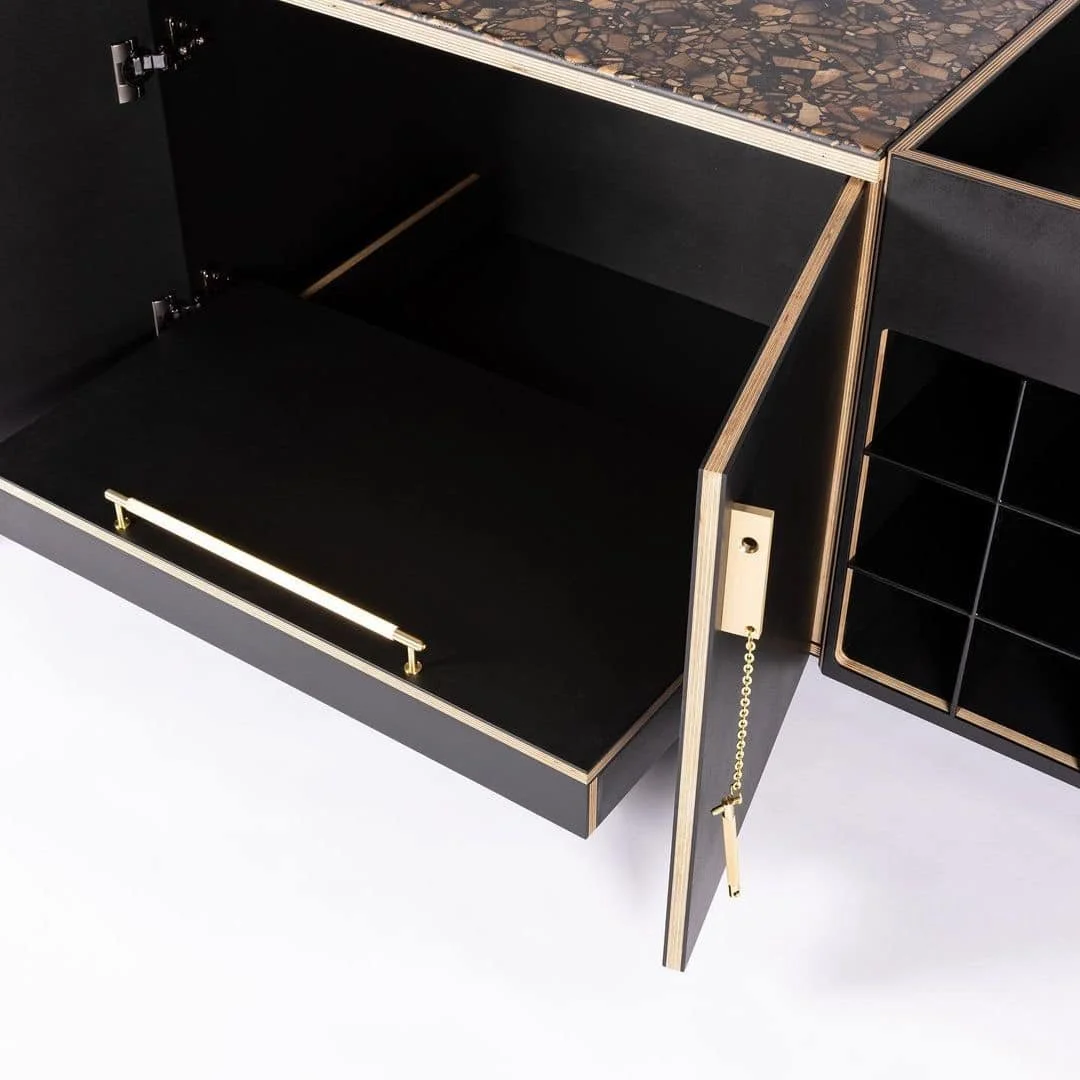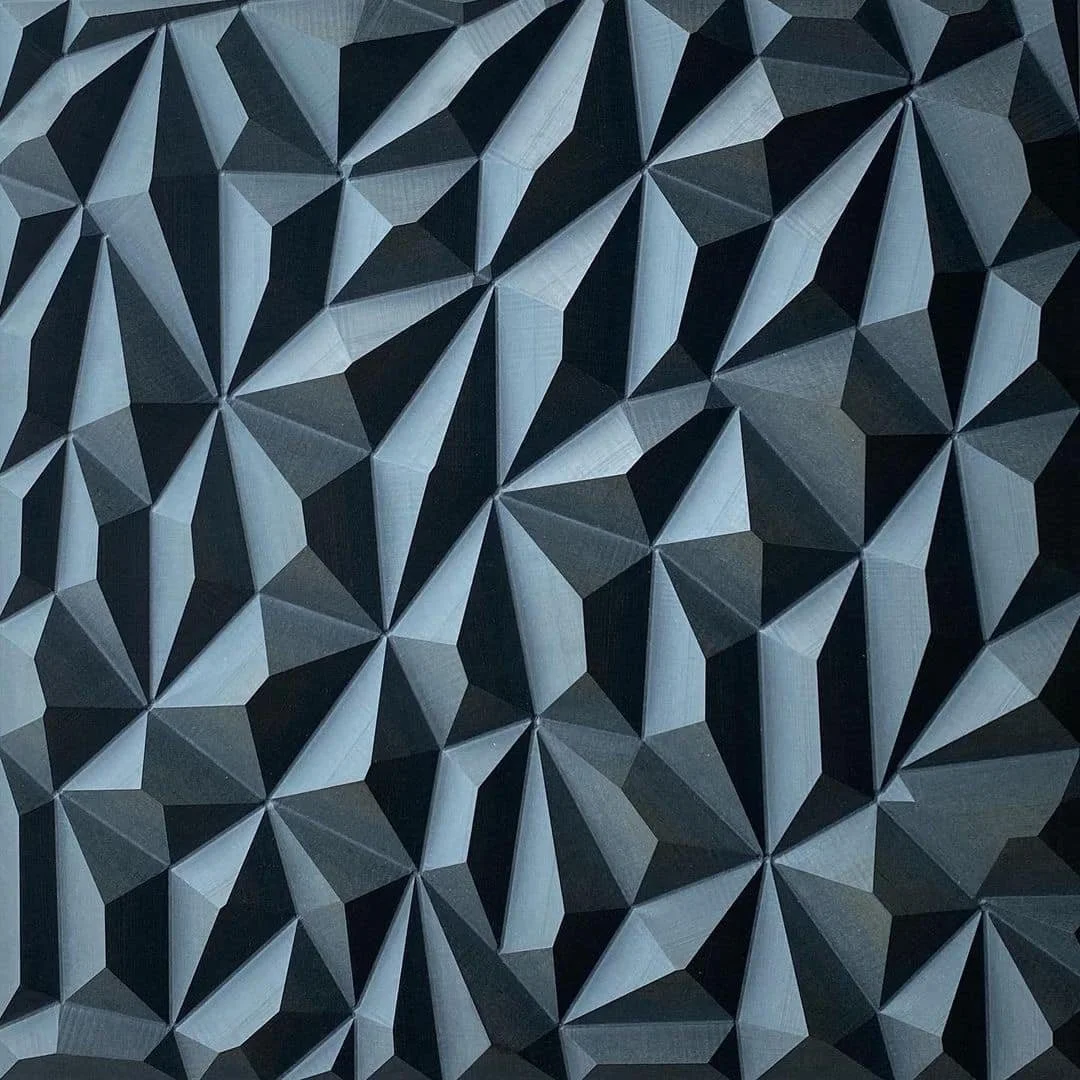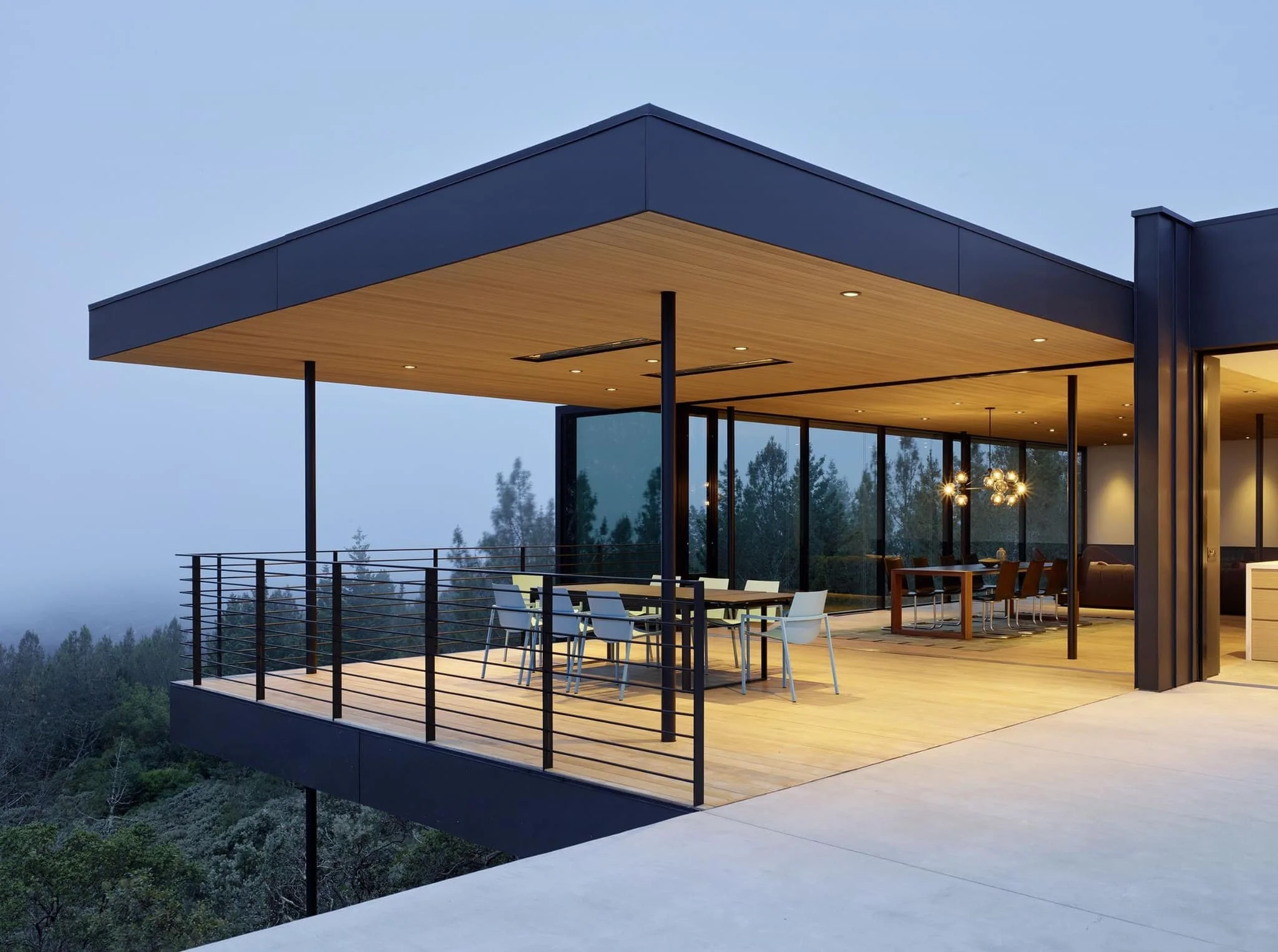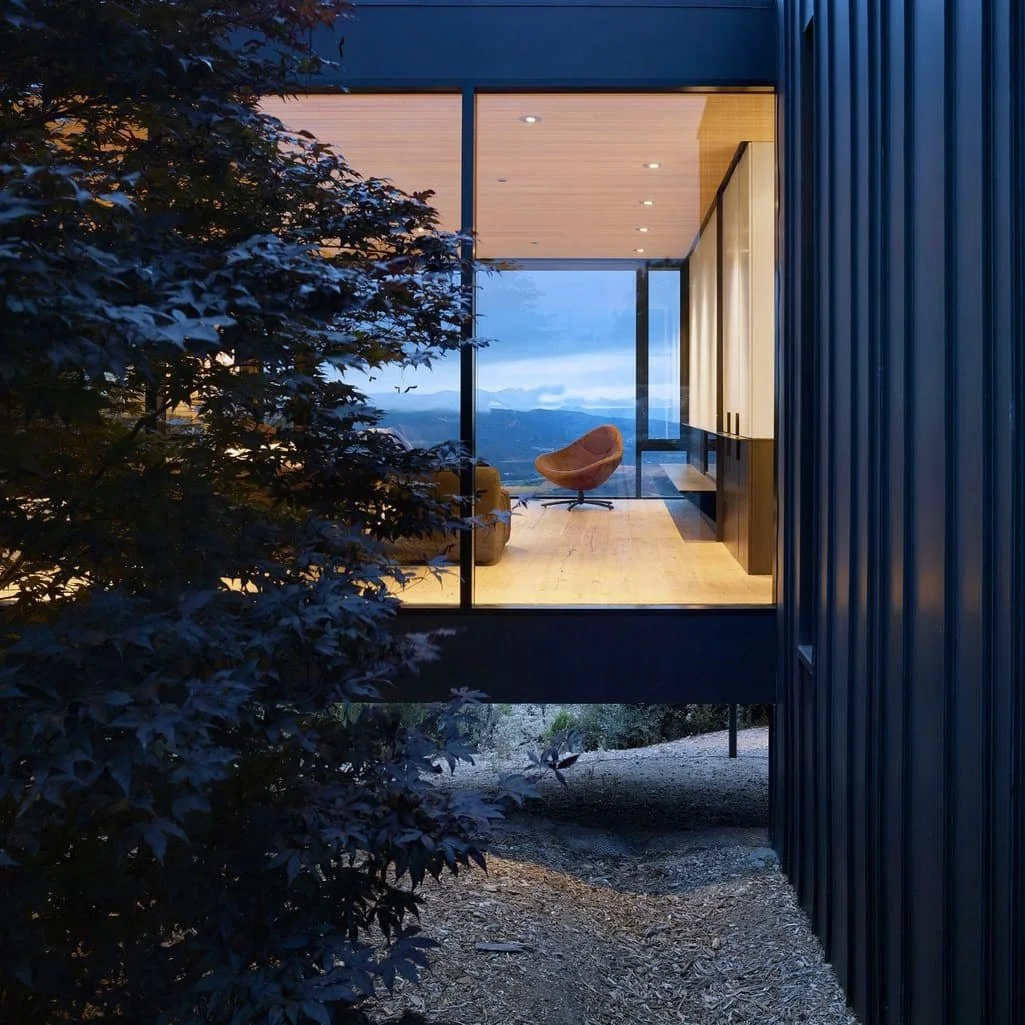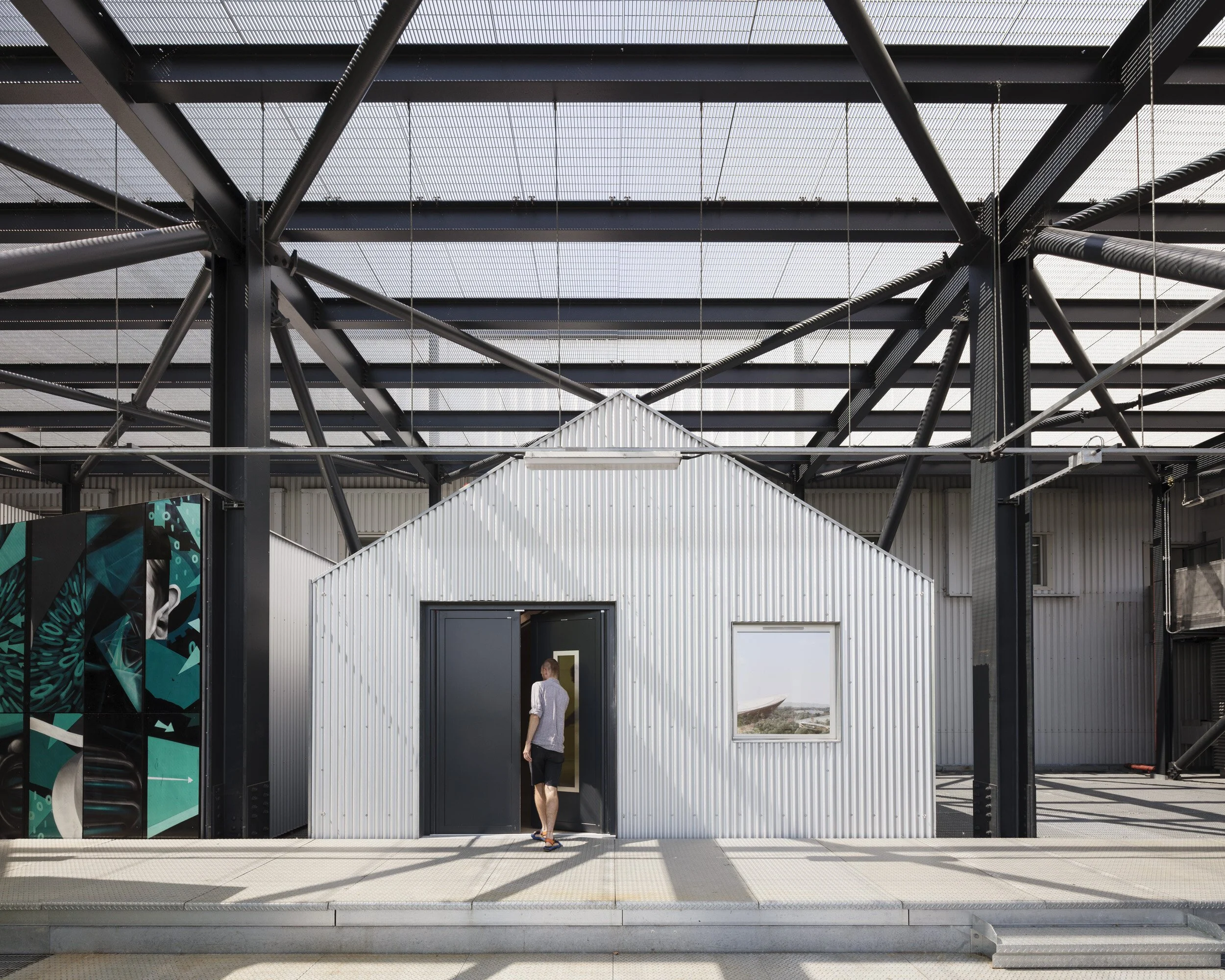 Image 1 of 15
Image 1 of 15

 Image 2 of 15
Image 2 of 15

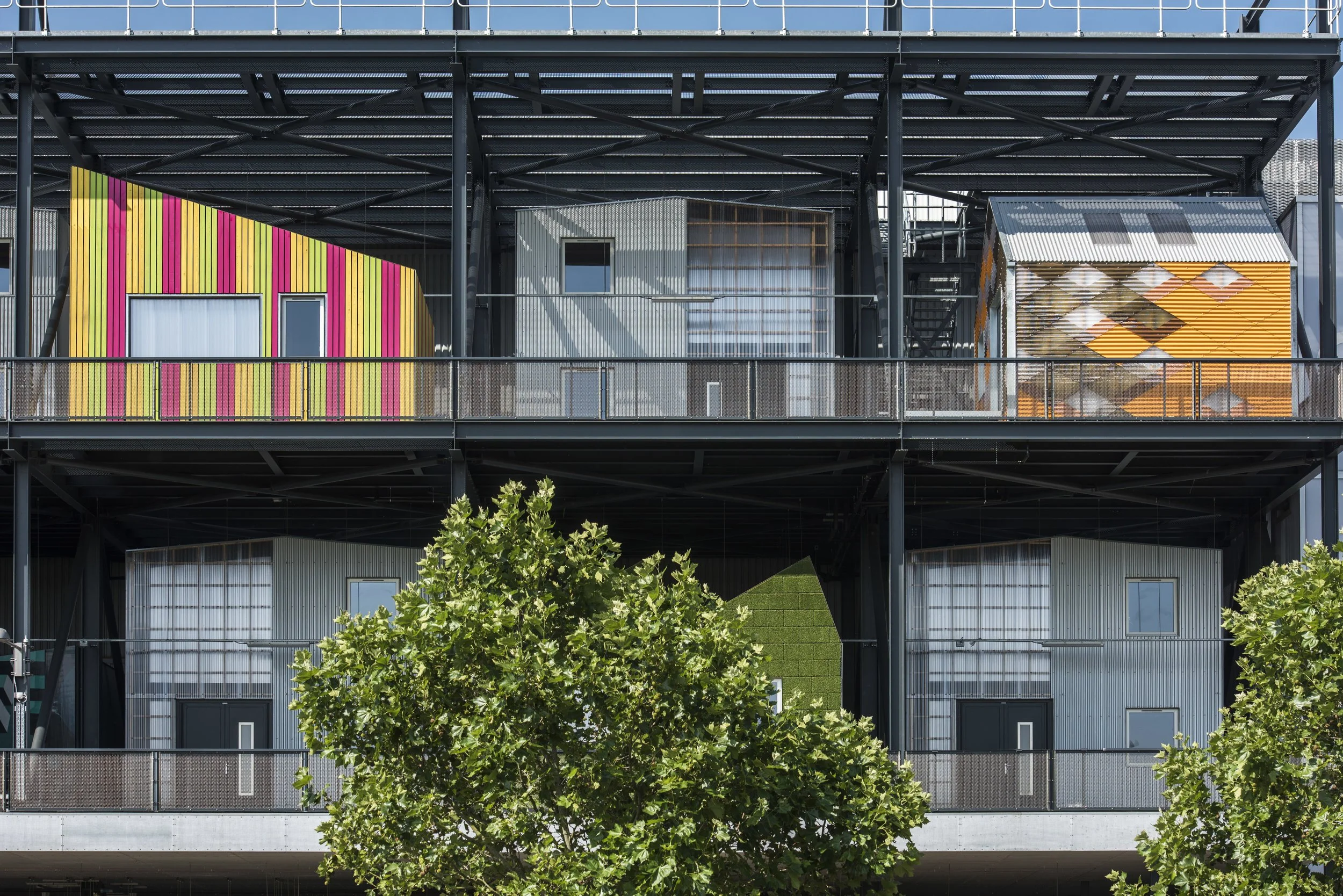 Image 3 of 15
Image 3 of 15

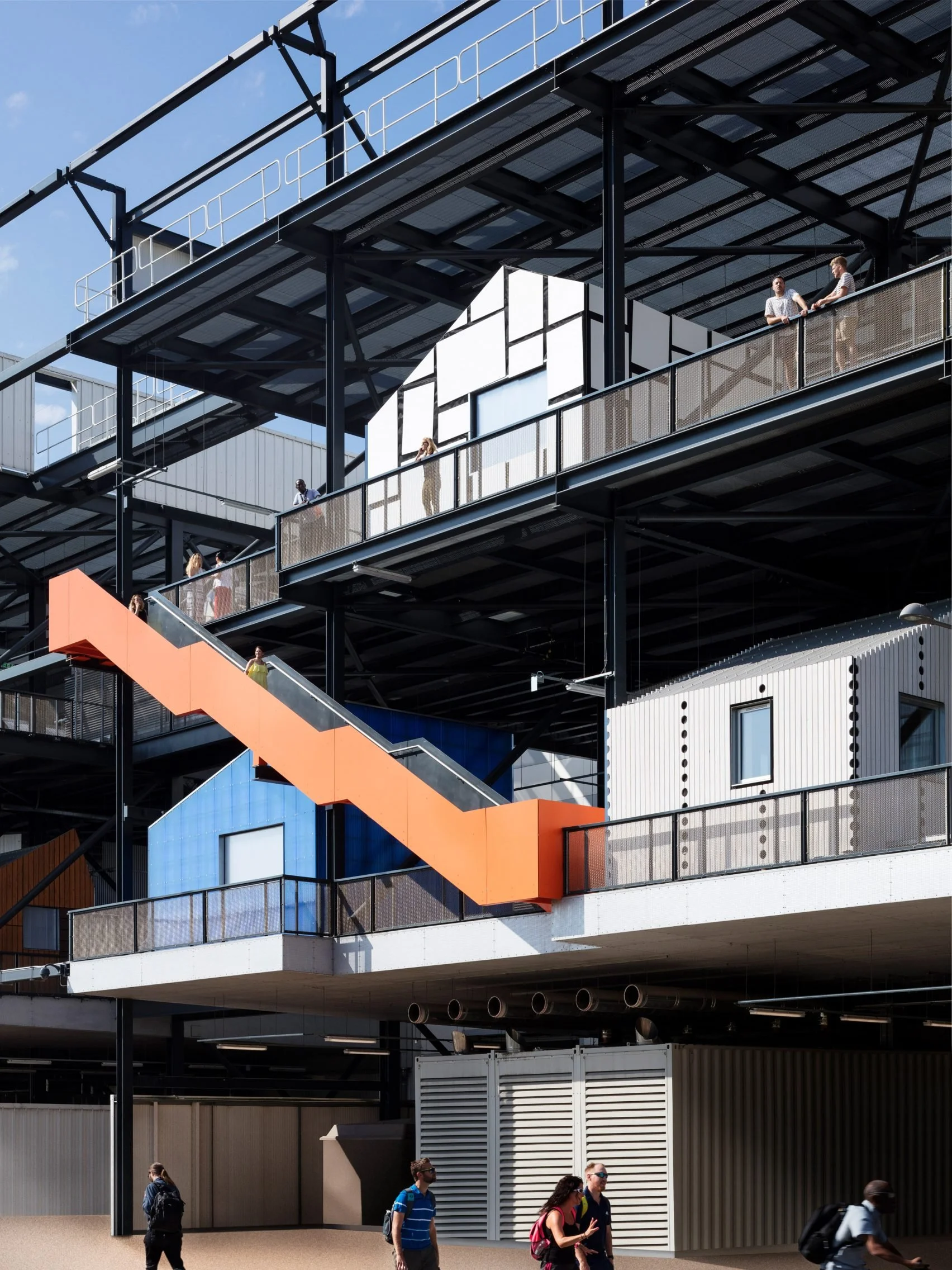 Image 4 of 15
Image 4 of 15

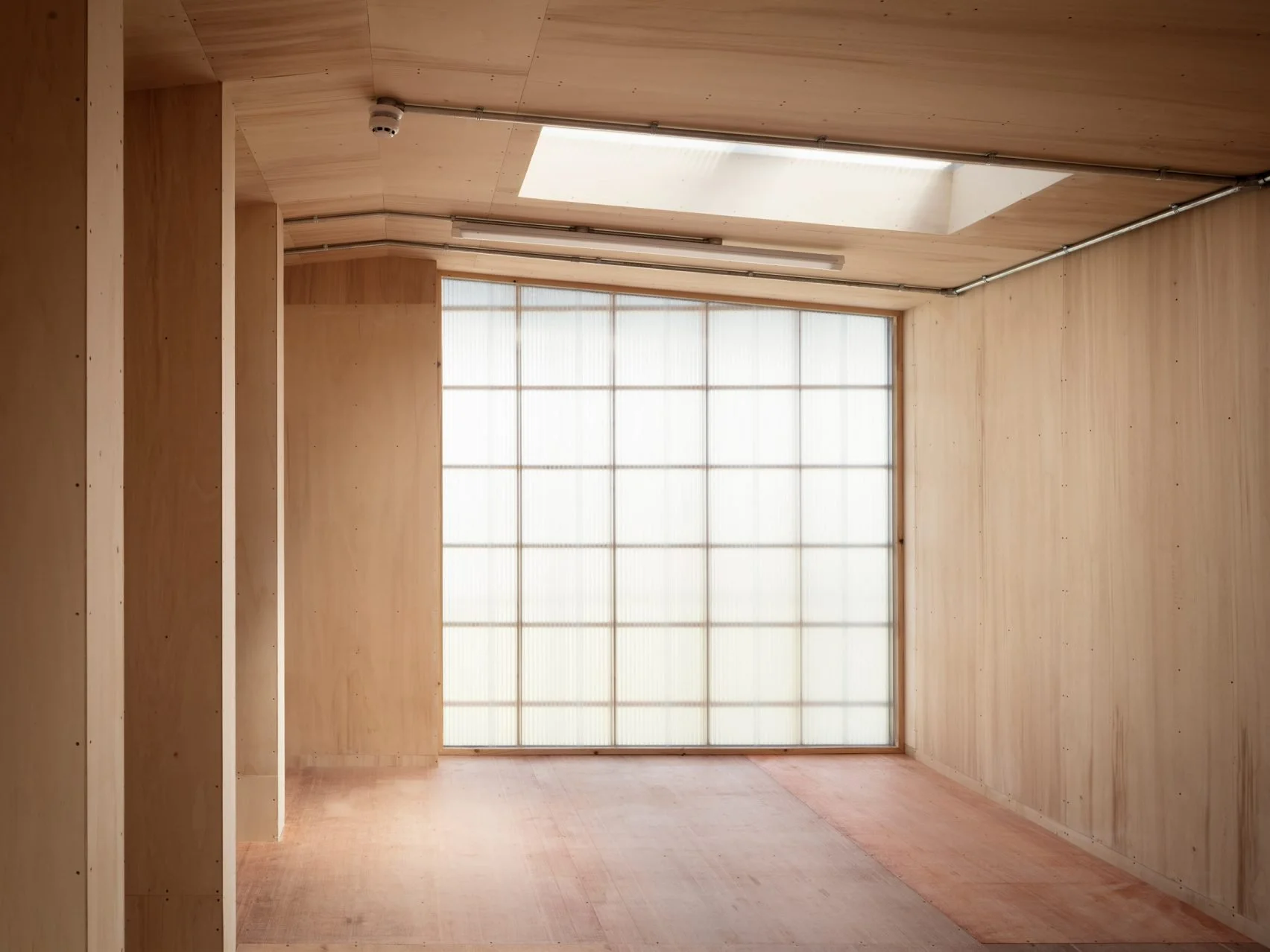 Image 5 of 15
Image 5 of 15

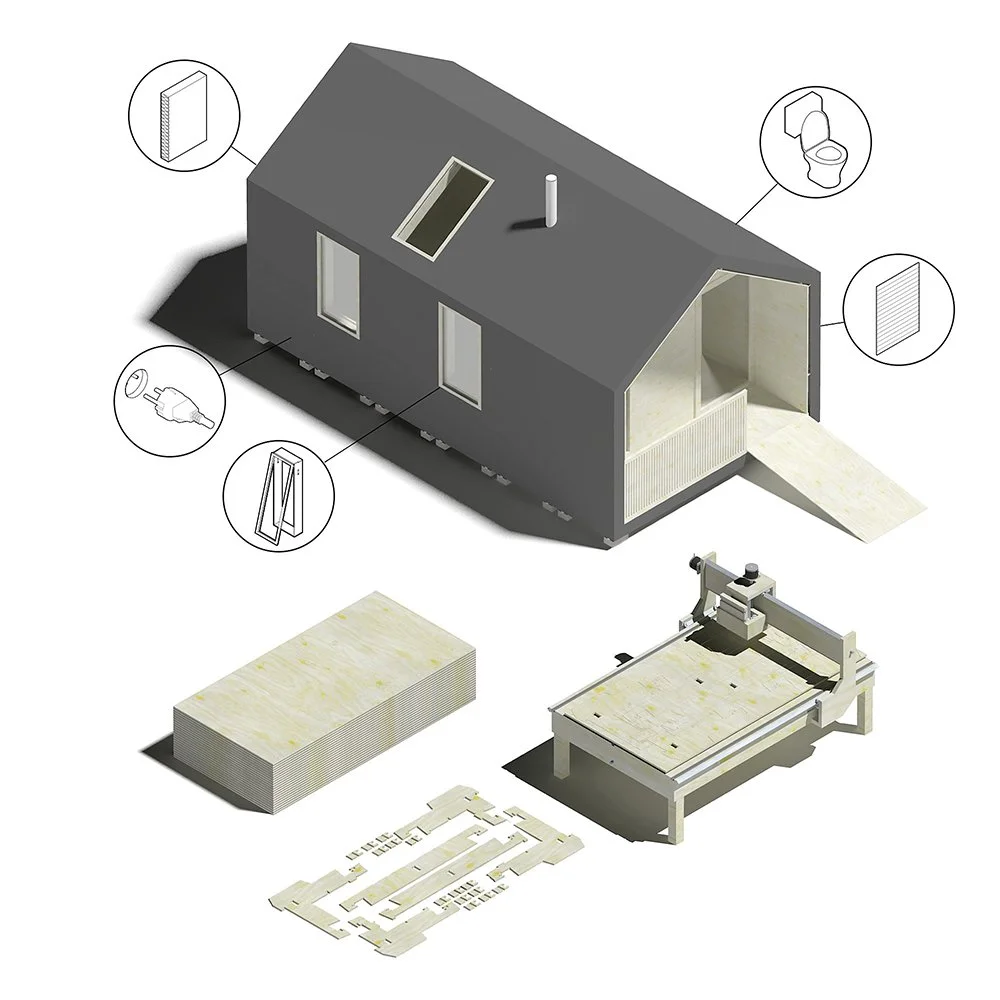 Image 6 of 15
Image 6 of 15

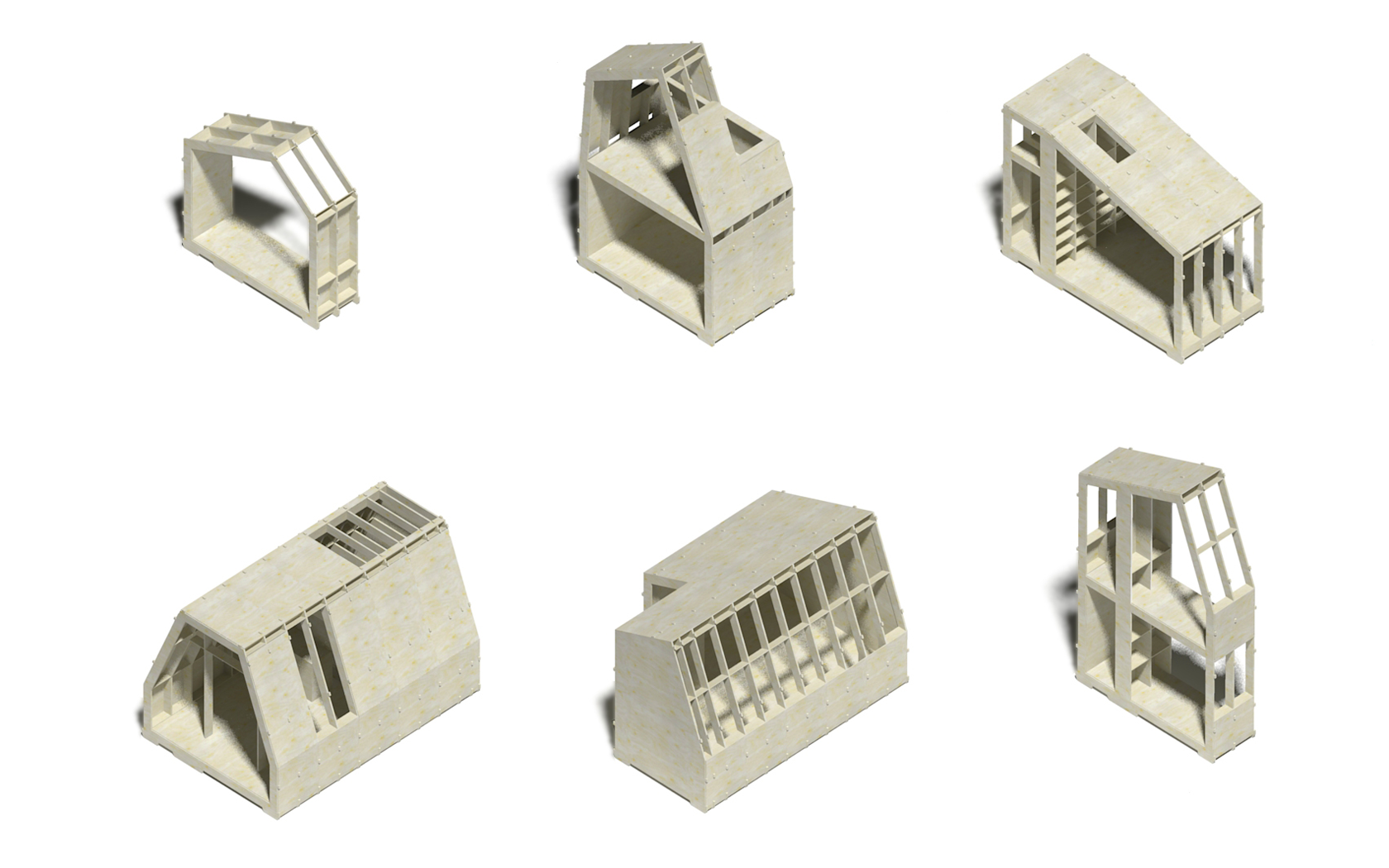 Image 7 of 15
Image 7 of 15

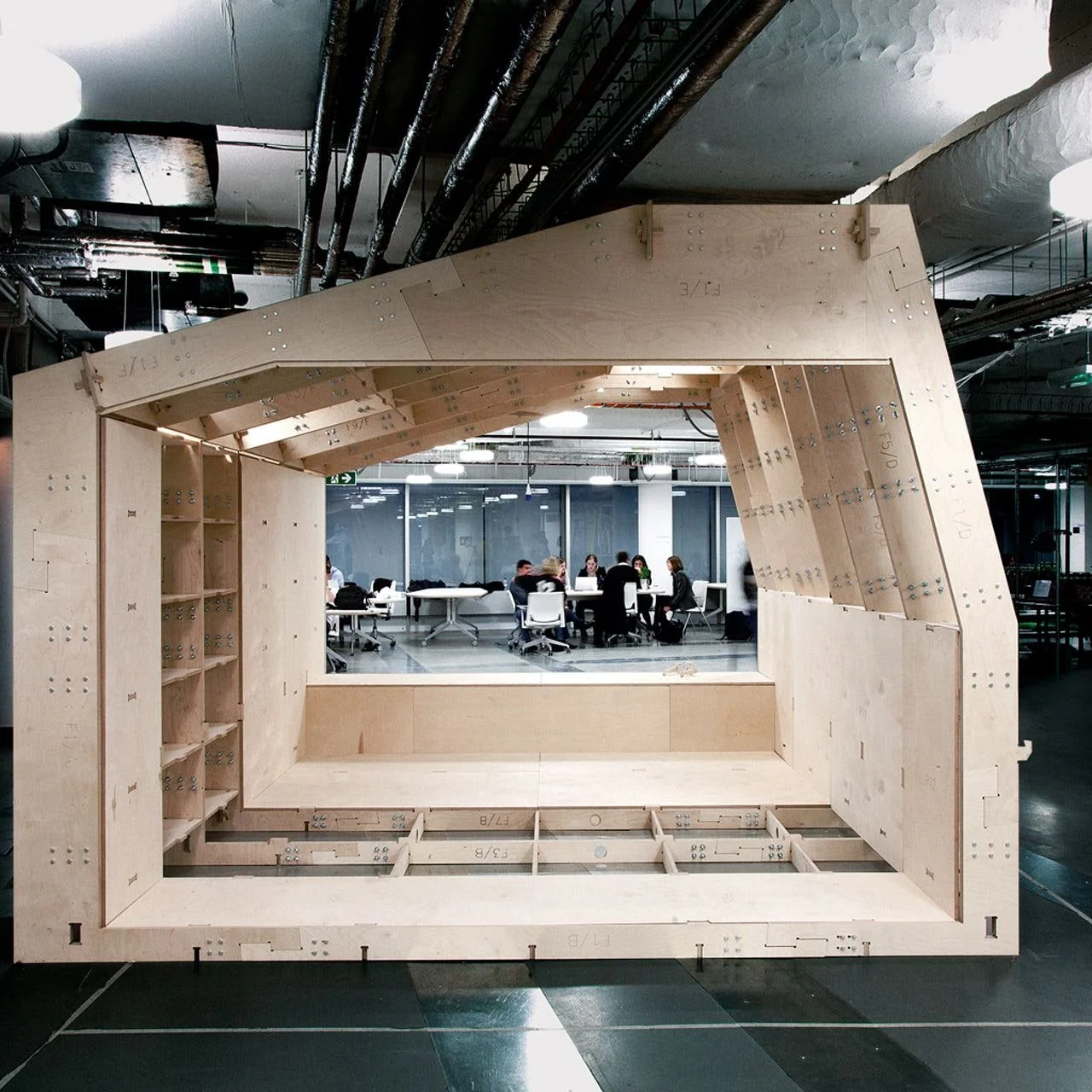 Image 8 of 15
Image 8 of 15

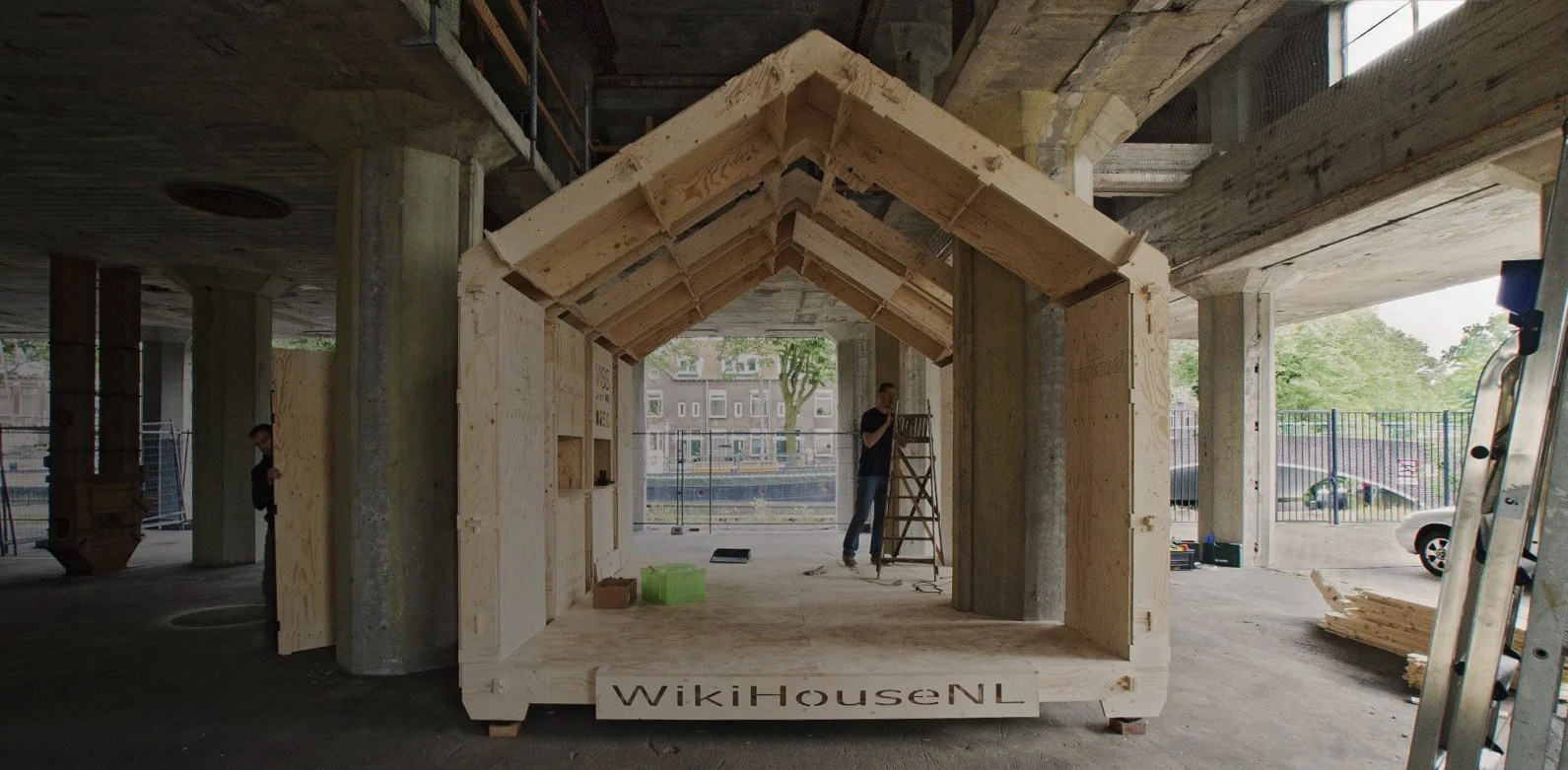 Image 9 of 15
Image 9 of 15

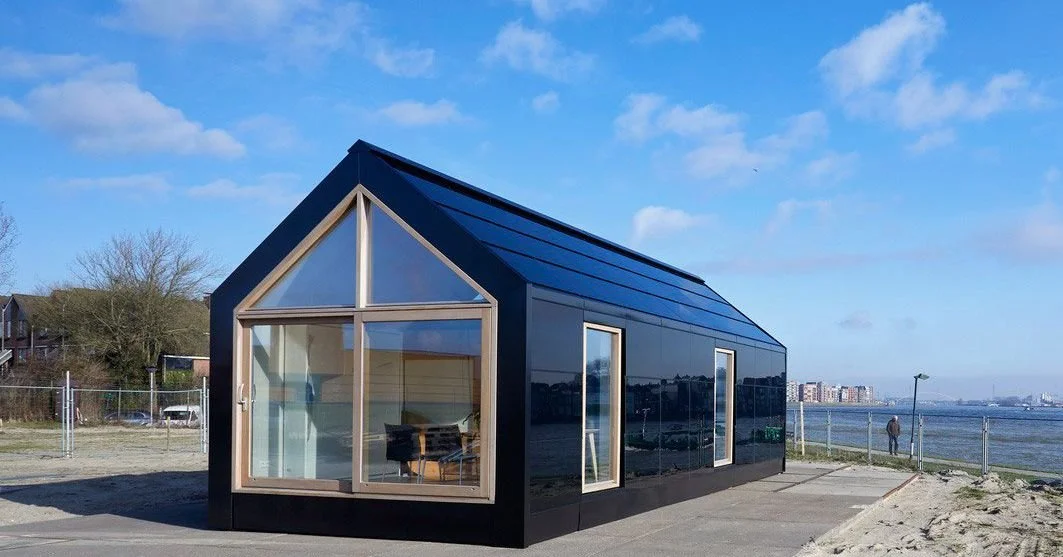 Image 10 of 15
Image 10 of 15

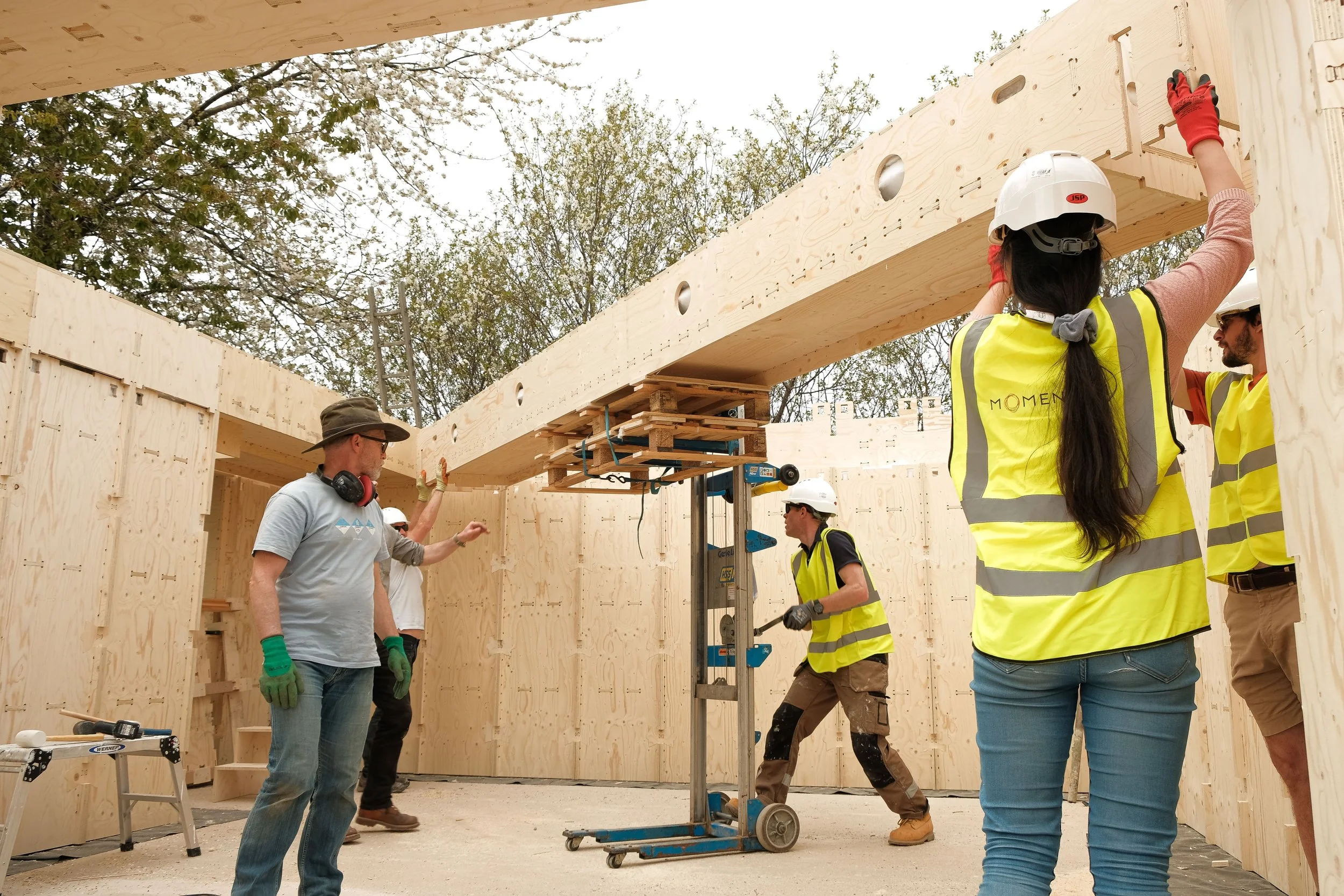 Image 11 of 15
Image 11 of 15

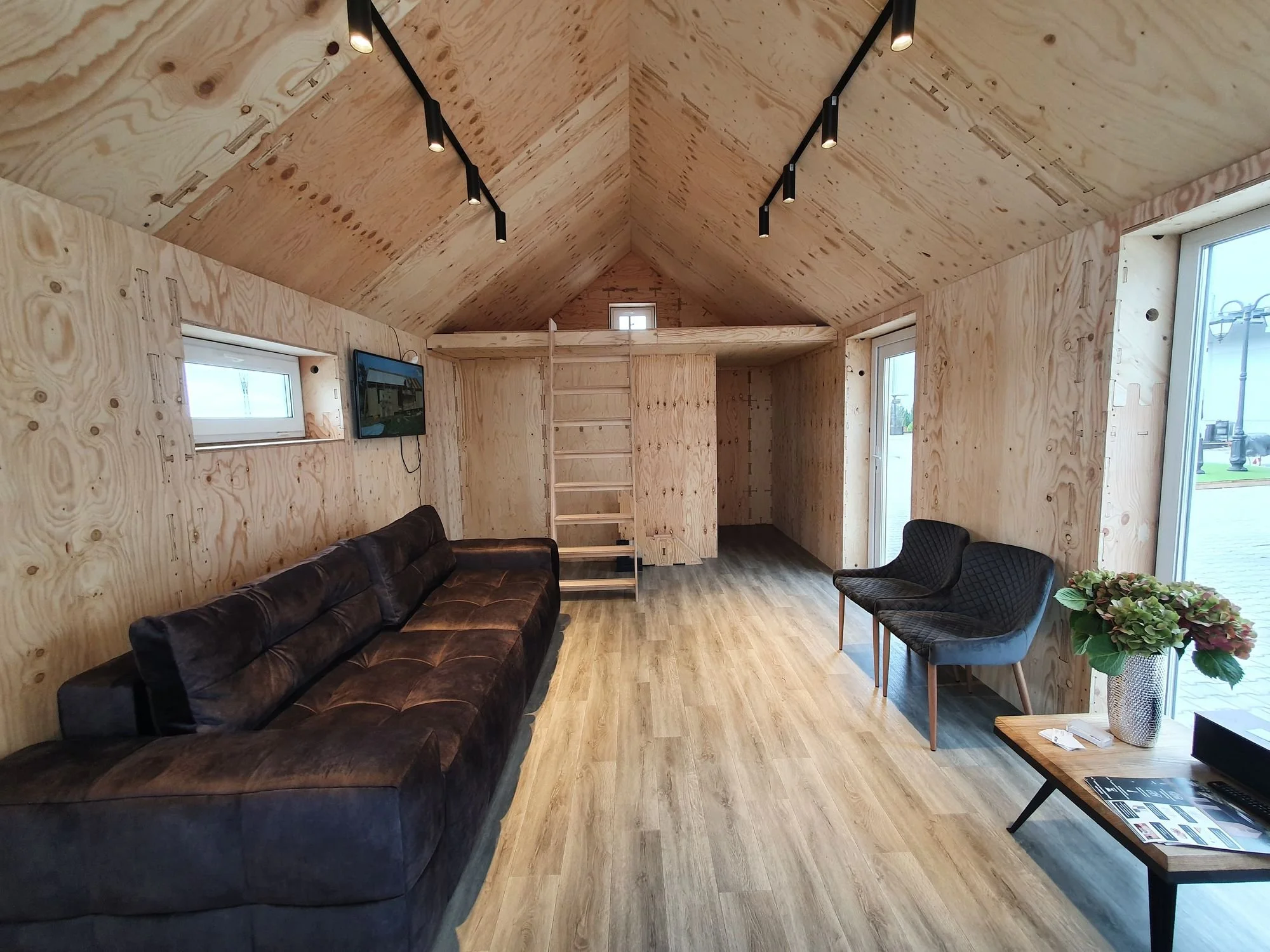 Image 12 of 15
Image 12 of 15

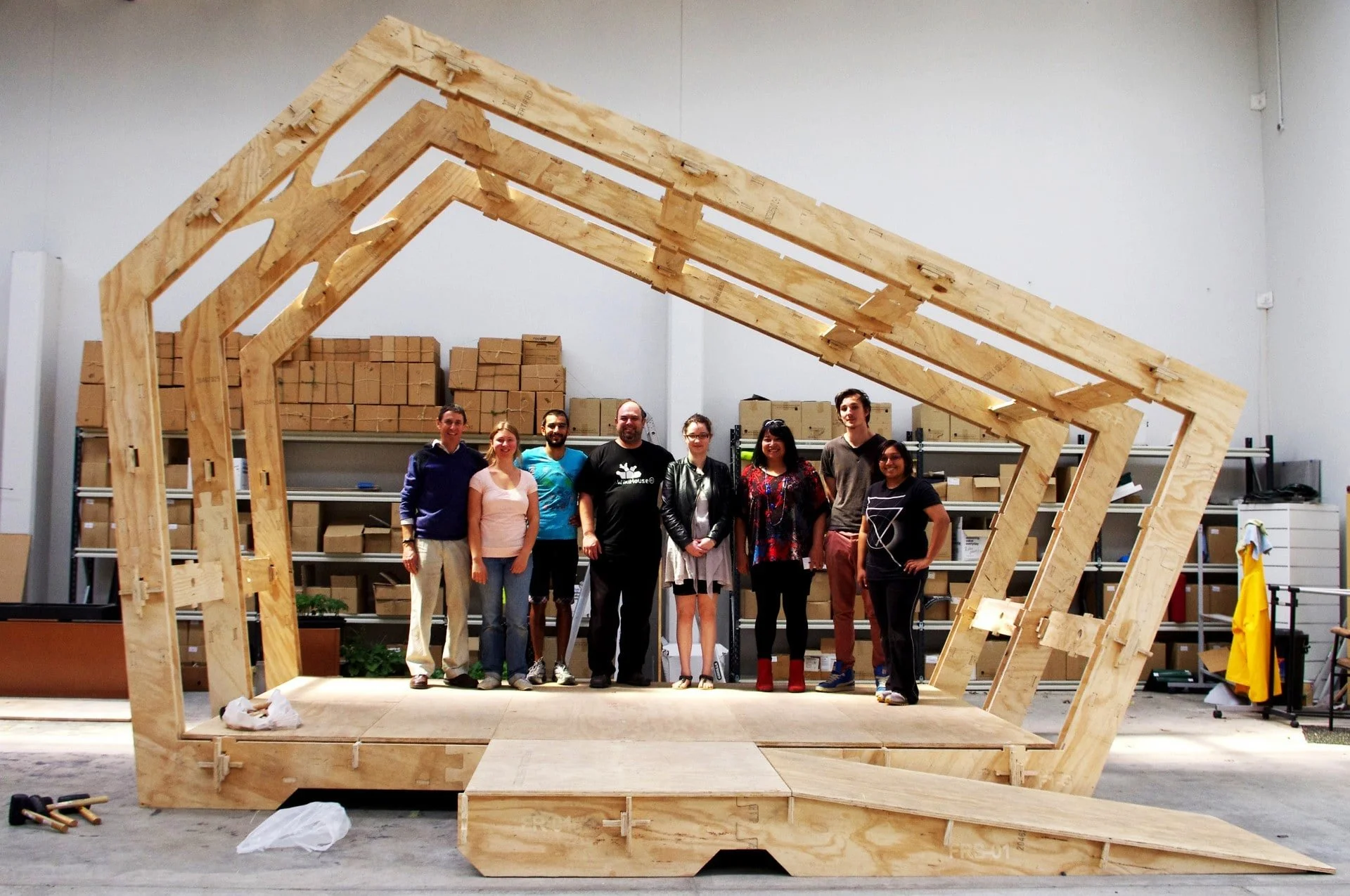 Image 13 of 15
Image 13 of 15

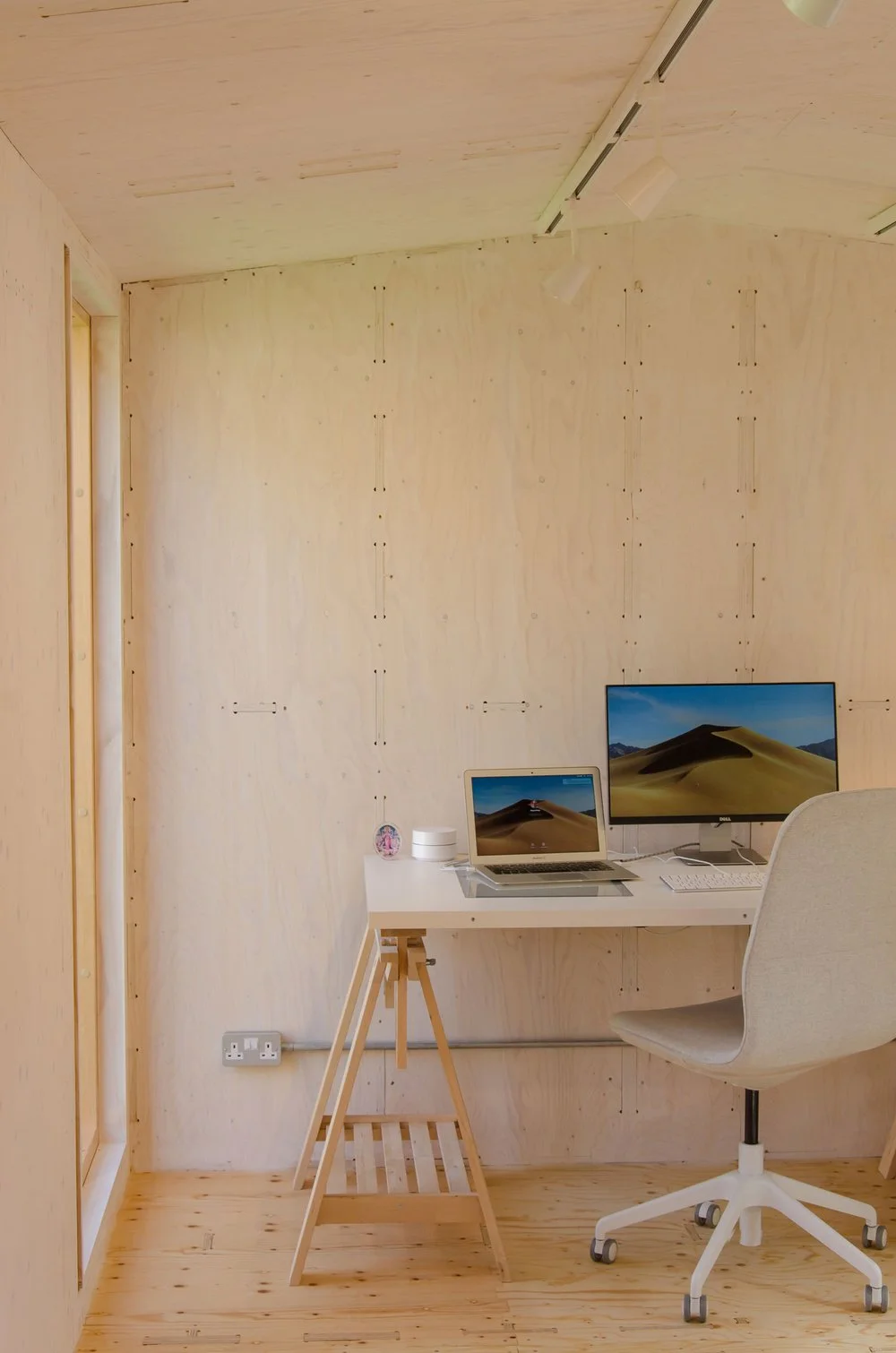 Image 14 of 15
Image 14 of 15

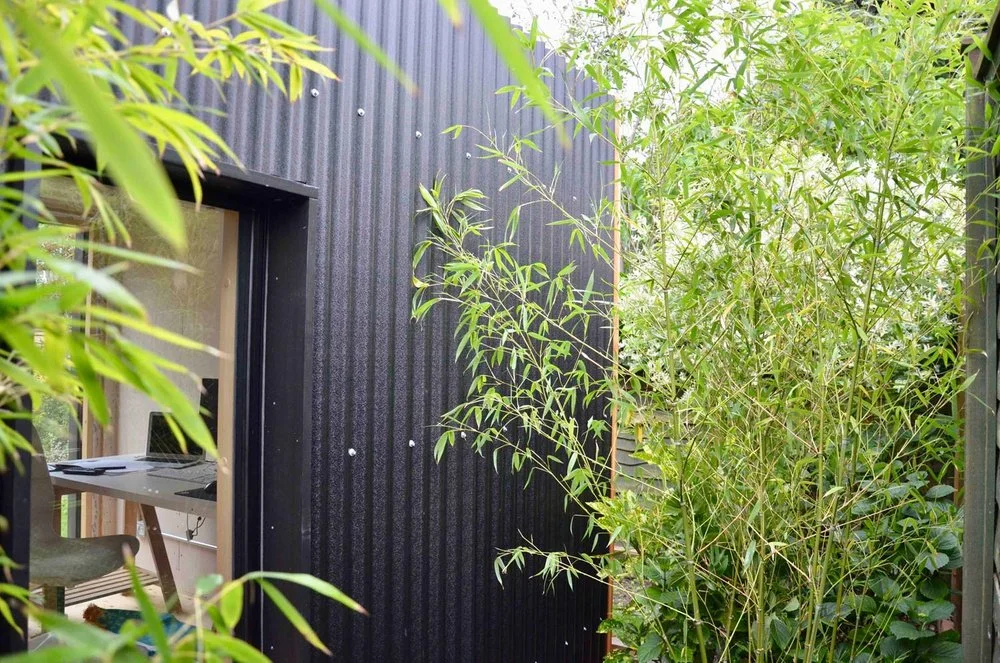 Image 15 of 15
Image 15 of 15
















Wikihouse puts the tools and knowledge to build zero-carbon buildings into the hands of every citizen
WikiHouse is an open-source, modular building system developed by Open Systems Lab. The project was initiated in 2011 by a team at Architecture 00, led by Alastair Parvin and Nick Ierodiaconou, in collaboration with Momentum Engineering and Espians. WikiHouse's mission is to democratize the construction process by making it easy for anyone to design, manufacture, and assemble high-performance buildings. Core values include sustainability, innovation, and accessibility, with a purpose to transform the construction industry through digital fabrication and open-source principles.
Location
Headquarters: London, United Kingdom.
Primary manufacturing/operations locations: Distributed network of small, local businesses using CNC machines.
Note: Strategic global presence to optimize local sourcing, distribution, and collaboration with industry partners.
The Circular Vision
Core circular economy principles: Designing out waste, using sustainable and bio-based materials, and creating products that are fully recyclable.
Key innovations: Development of WikiHouse blocks, which are digitally fabricated using CNC machines from plywood or OSB3. The system allows for rapid, precise assembly with minimal waste and environmental impact.
Prioritization of local sourcing and closed-loop supply chains: Emphasis on using locally sourced materials and distributed manufacturing to minimize environmental impact and support local economies.
Pioneering Solutions
Flagship products: WikiHouse Skylark system, which includes modular blocks for walls, floors, and roofs.
Unique value propositions: High-quality, sustainable building solutions that prioritize circularity, material reuse, and environmental responsibility. WikiHouse buildings are known for their precision, ease of assembly, and ability to be constructed by individuals without traditional construction skills.
The Regenerative Future
R&D focus areas: Advancing digital fabrication technologies, optimizing production processes, and developing new applications for modular building systems.
Ambitious goals: To lead the construction industry in sustainable practices, create zero-waste products, and inspire a shift towards a regenerative built environment.
Fact Sheet
Commercial Availability: Products available globally through direct sales and partnerships with local manufacturers.
Environmental Product Declaration (EPD): Information not available.
Circularity Rating: 5/5 (Strong focus on circular economy principles).
Key Certifications: Information not available.
Cost Rating: 4/5 (Competitive with conventional alternatives, with significant cost savings in sustainable materials).
Material Passport: Detailed material traceability and use of sustainable and bio-based materials.
Designed for Disassembly: Yes, products are designed for easy disassembly and recycling.
Carbon Performance: Focus on reducing carbon footprint through sustainable materials and local production. WikiHouse structures are carbon negative due to the use of responsibly-grown wood.
Key Takeaway
WikiHouse transforms the construction industry through innovative, sustainable modular building systems, setting a benchmark for circularity and environmental responsibility.
Explore Further
WikiHouse website: https://www.wikihouse.cc
Sustainability overview: https://www.wikihouse.cc/mission
Example product: WikiHouse Skylark system - https://www.wikihouse.cc/product
WikiHouse is an open-source, modular building system developed by Open Systems Lab. The project was initiated in 2011 by a team at Architecture 00, led by Alastair Parvin and Nick Ierodiaconou, in collaboration with Momentum Engineering and Espians. WikiHouse's mission is to democratize the construction process by making it easy for anyone to design, manufacture, and assemble high-performance buildings. Core values include sustainability, innovation, and accessibility, with a purpose to transform the construction industry through digital fabrication and open-source principles.
Location
Headquarters: London, United Kingdom.
Primary manufacturing/operations locations: Distributed network of small, local businesses using CNC machines.
Note: Strategic global presence to optimize local sourcing, distribution, and collaboration with industry partners.
The Circular Vision
Core circular economy principles: Designing out waste, using sustainable and bio-based materials, and creating products that are fully recyclable.
Key innovations: Development of WikiHouse blocks, which are digitally fabricated using CNC machines from plywood or OSB3. The system allows for rapid, precise assembly with minimal waste and environmental impact.
Prioritization of local sourcing and closed-loop supply chains: Emphasis on using locally sourced materials and distributed manufacturing to minimize environmental impact and support local economies.
Pioneering Solutions
Flagship products: WikiHouse Skylark system, which includes modular blocks for walls, floors, and roofs.
Unique value propositions: High-quality, sustainable building solutions that prioritize circularity, material reuse, and environmental responsibility. WikiHouse buildings are known for their precision, ease of assembly, and ability to be constructed by individuals without traditional construction skills.
The Regenerative Future
R&D focus areas: Advancing digital fabrication technologies, optimizing production processes, and developing new applications for modular building systems.
Ambitious goals: To lead the construction industry in sustainable practices, create zero-waste products, and inspire a shift towards a regenerative built environment.
Fact Sheet
Commercial Availability: Products available globally through direct sales and partnerships with local manufacturers.
Environmental Product Declaration (EPD): Information not available.
Circularity Rating: 5/5 (Strong focus on circular economy principles).
Key Certifications: Information not available.
Cost Rating: 4/5 (Competitive with conventional alternatives, with significant cost savings in sustainable materials).
Material Passport: Detailed material traceability and use of sustainable and bio-based materials.
Designed for Disassembly: Yes, products are designed for easy disassembly and recycling.
Carbon Performance: Focus on reducing carbon footprint through sustainable materials and local production. WikiHouse structures are carbon negative due to the use of responsibly-grown wood.
Key Takeaway
WikiHouse transforms the construction industry through innovative, sustainable modular building systems, setting a benchmark for circularity and environmental responsibility.
Explore Further
WikiHouse website: https://www.wikihouse.cc
Sustainability overview: https://www.wikihouse.cc/mission
Example product: WikiHouse Skylark system - https://www.wikihouse.cc/product
